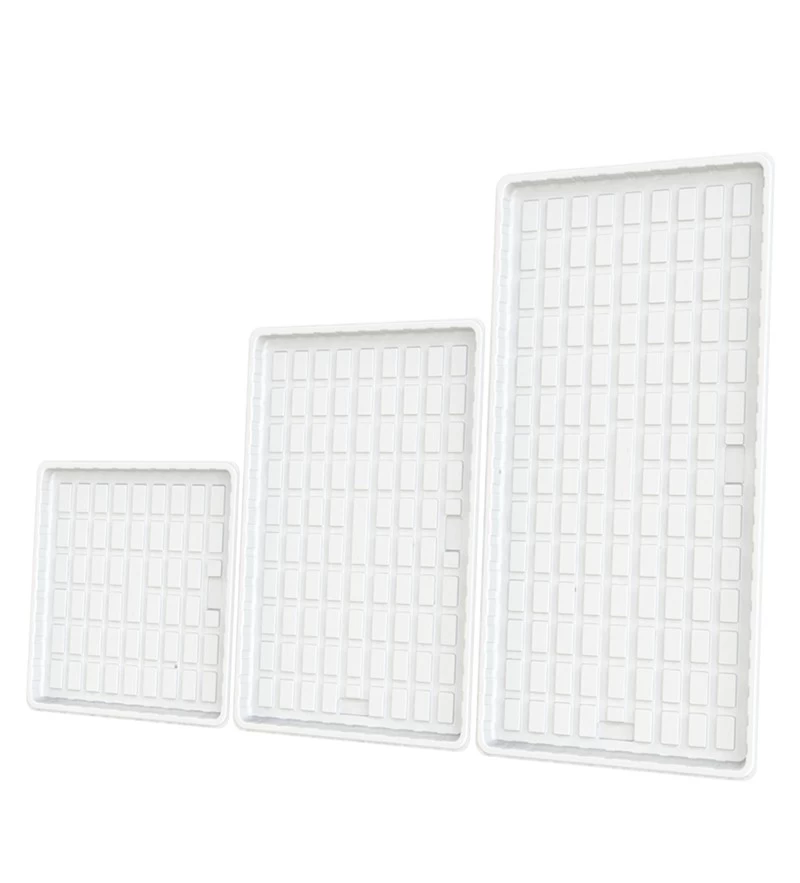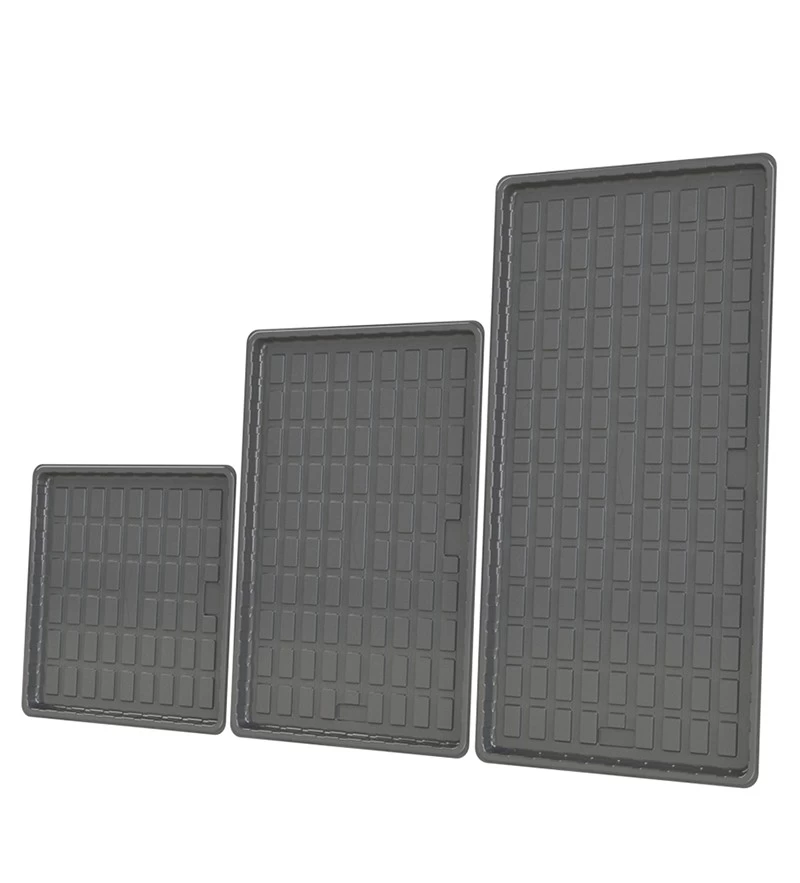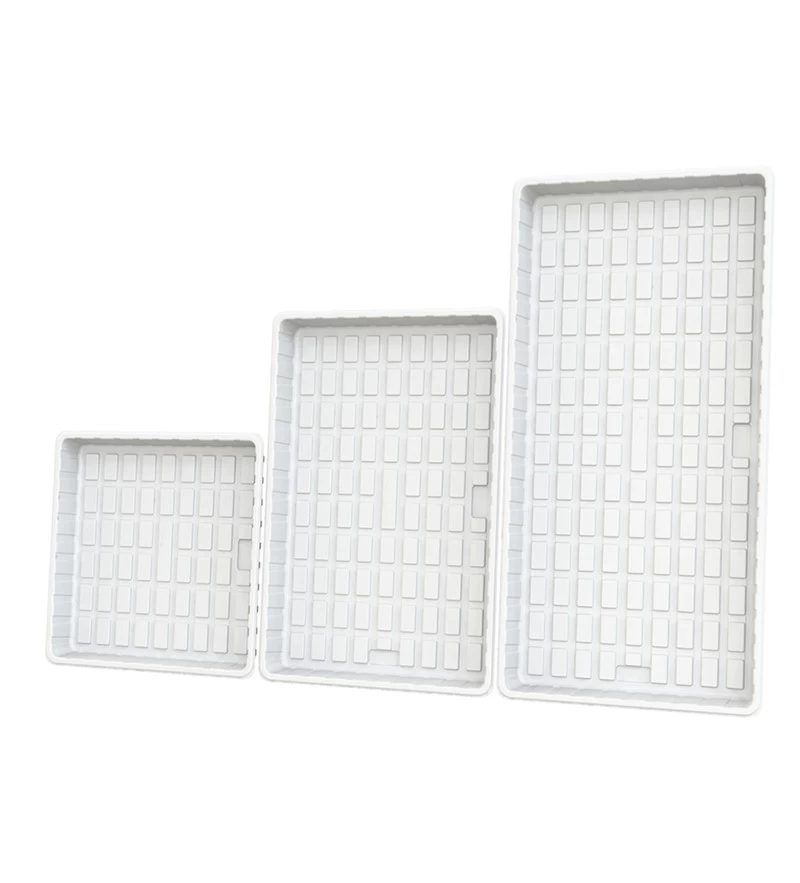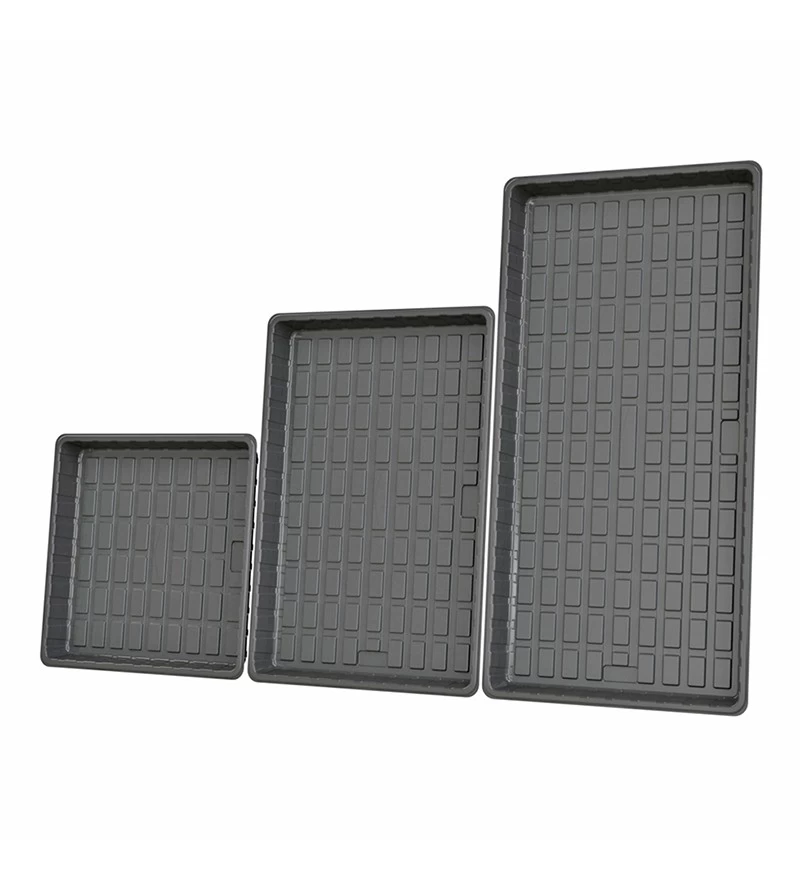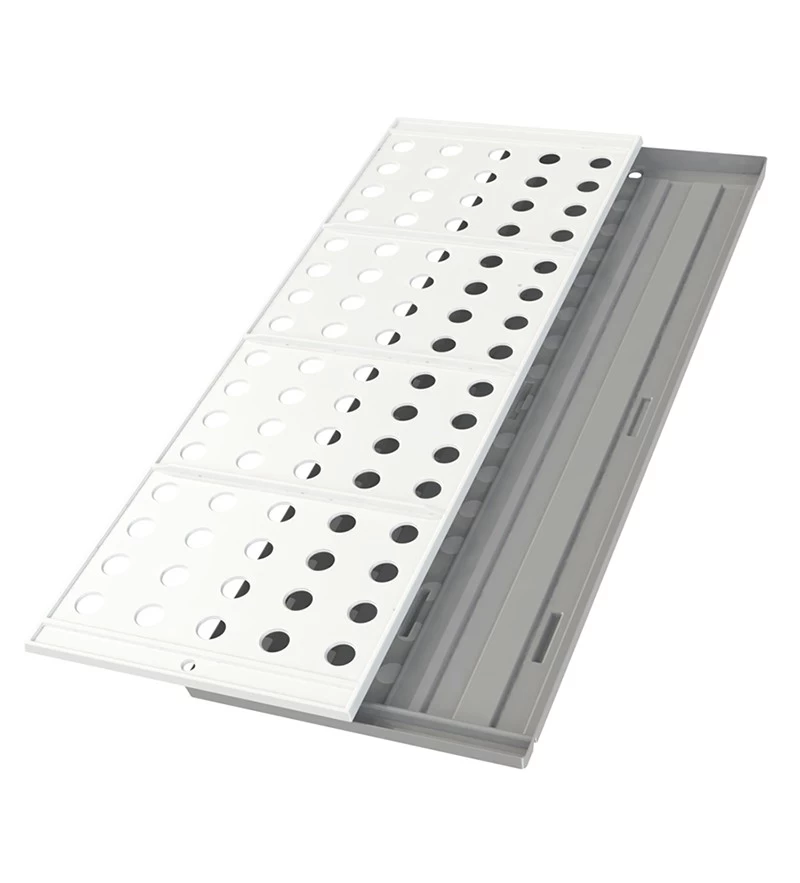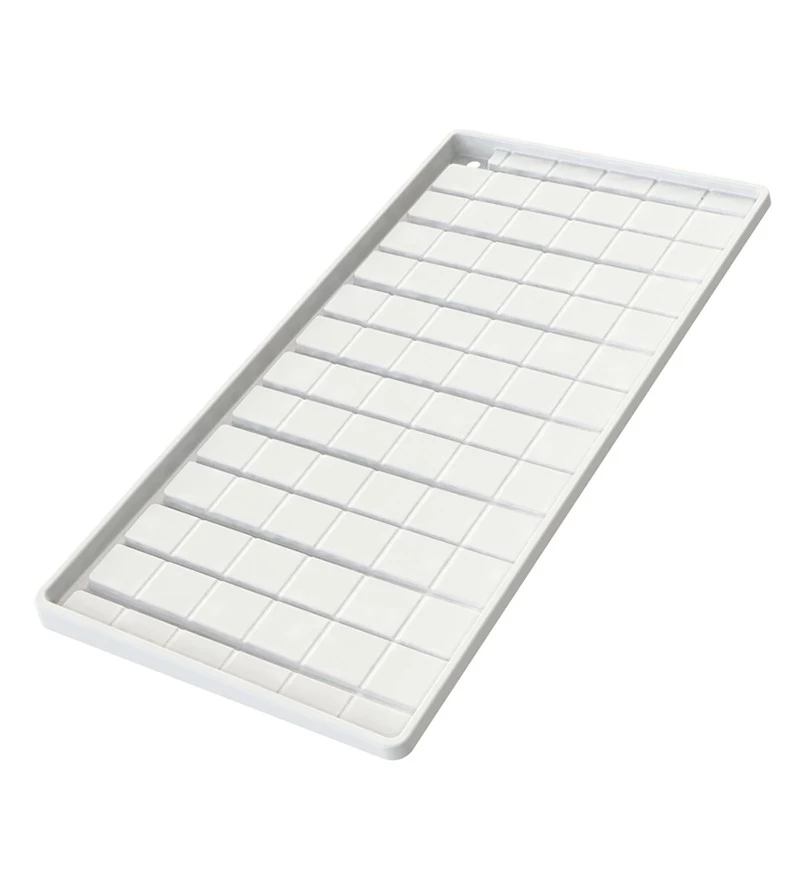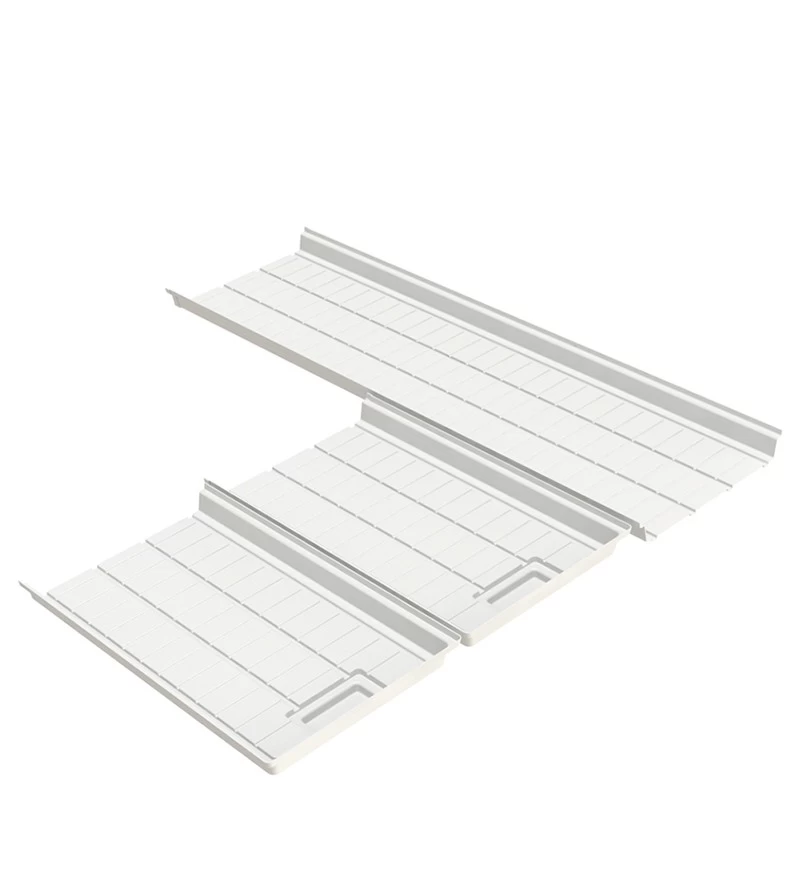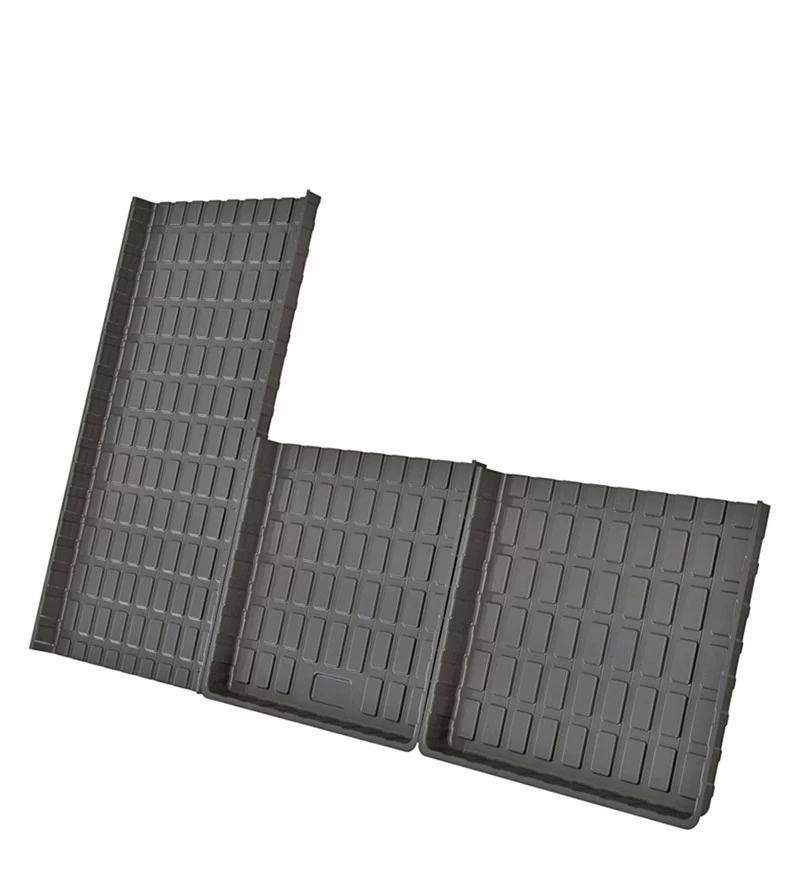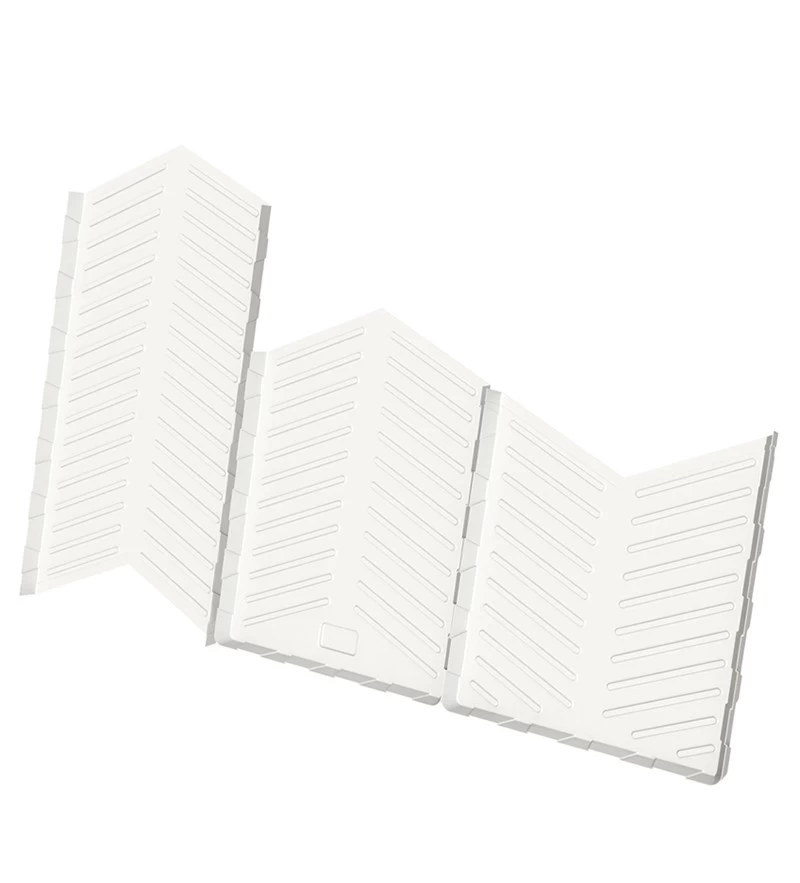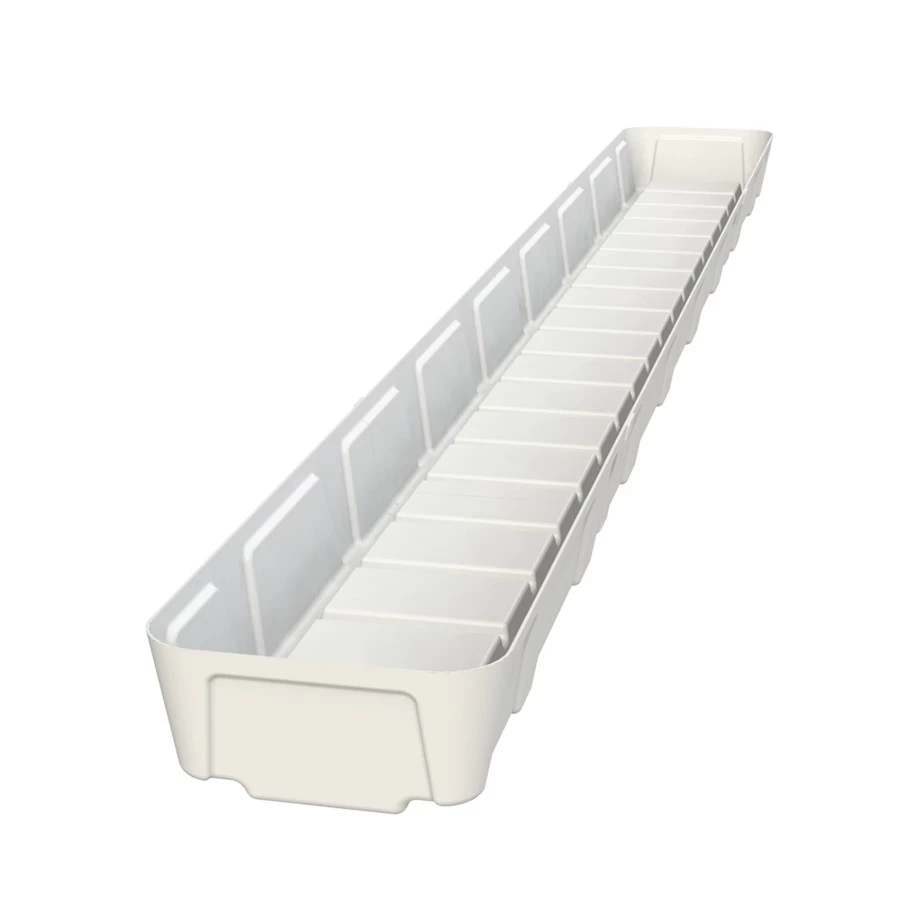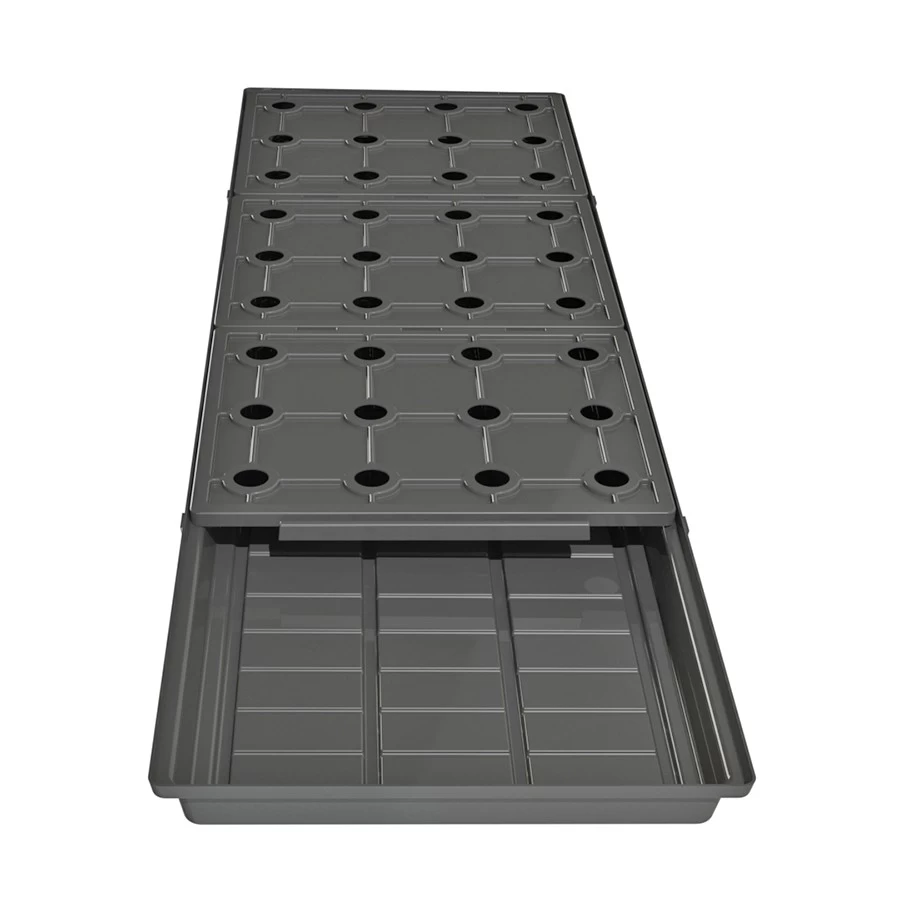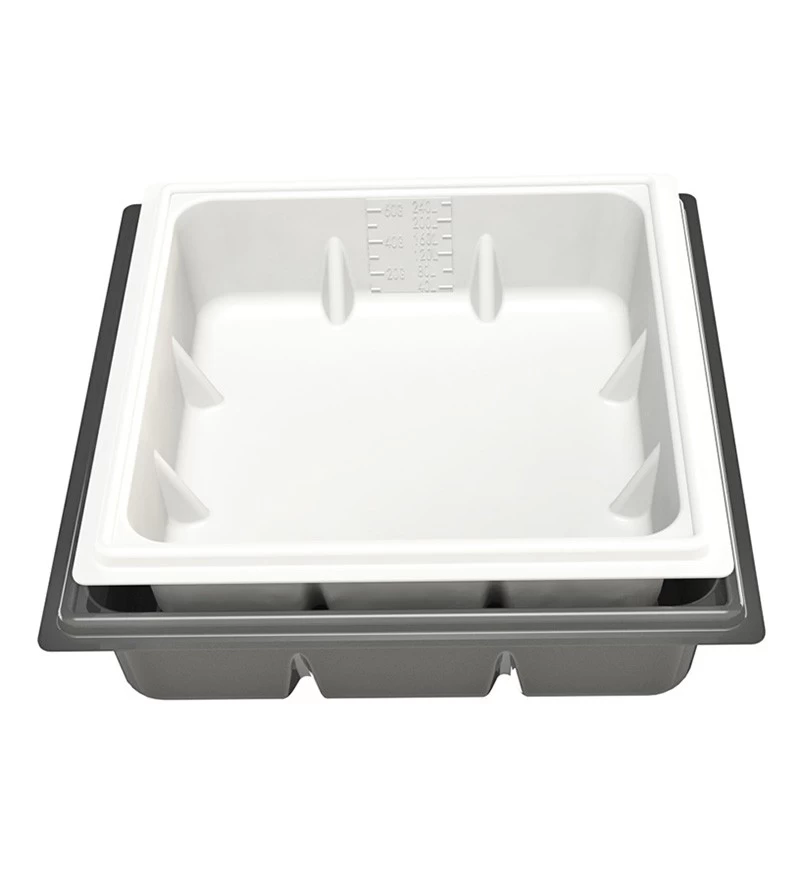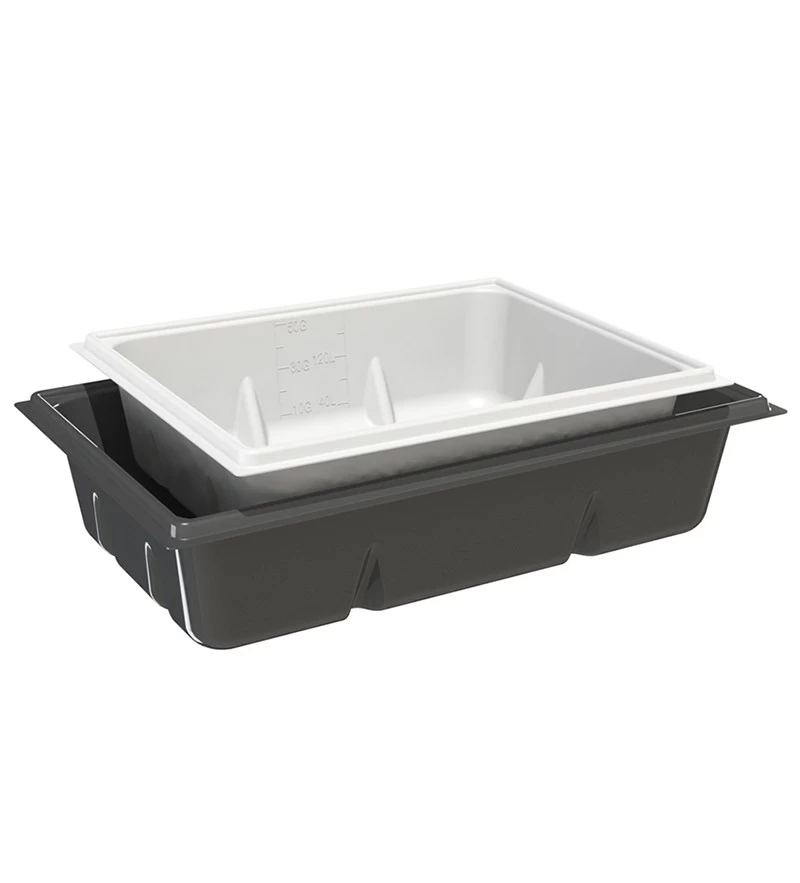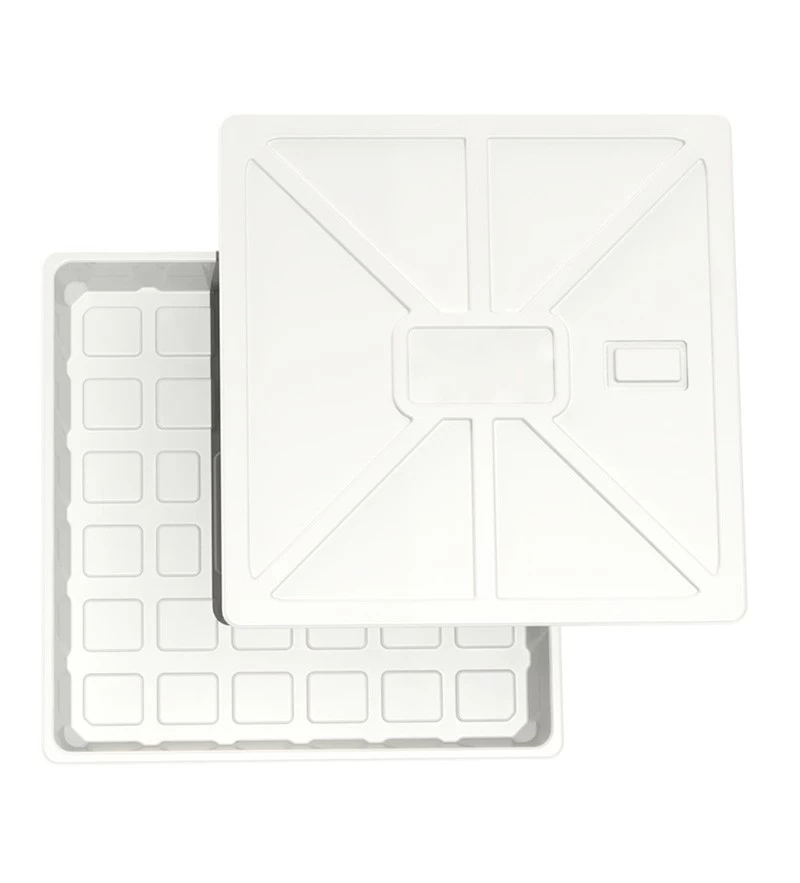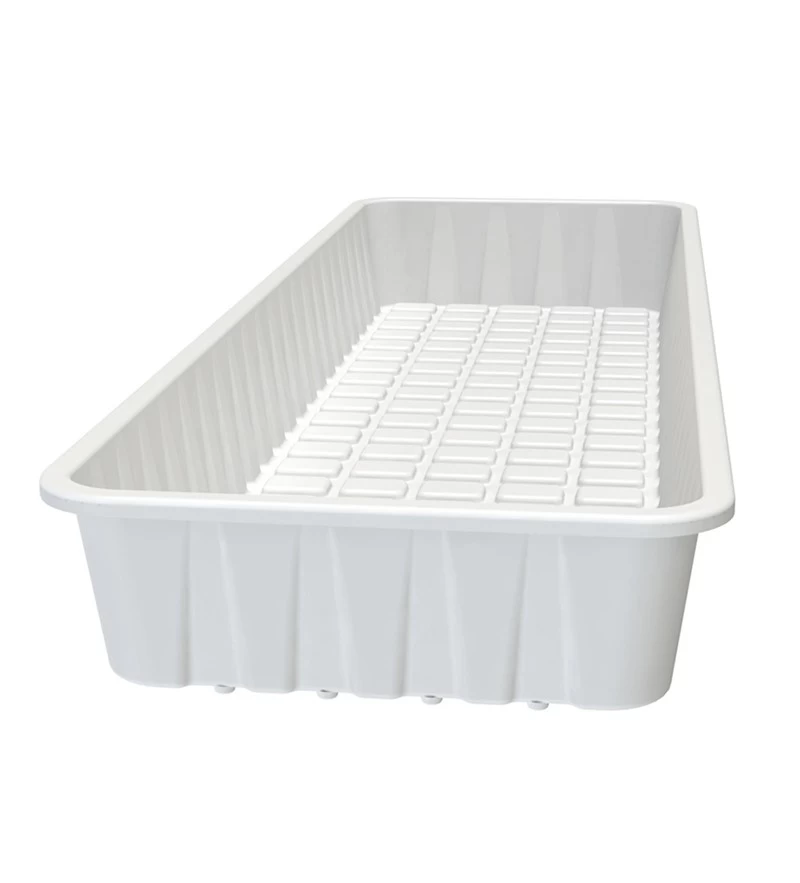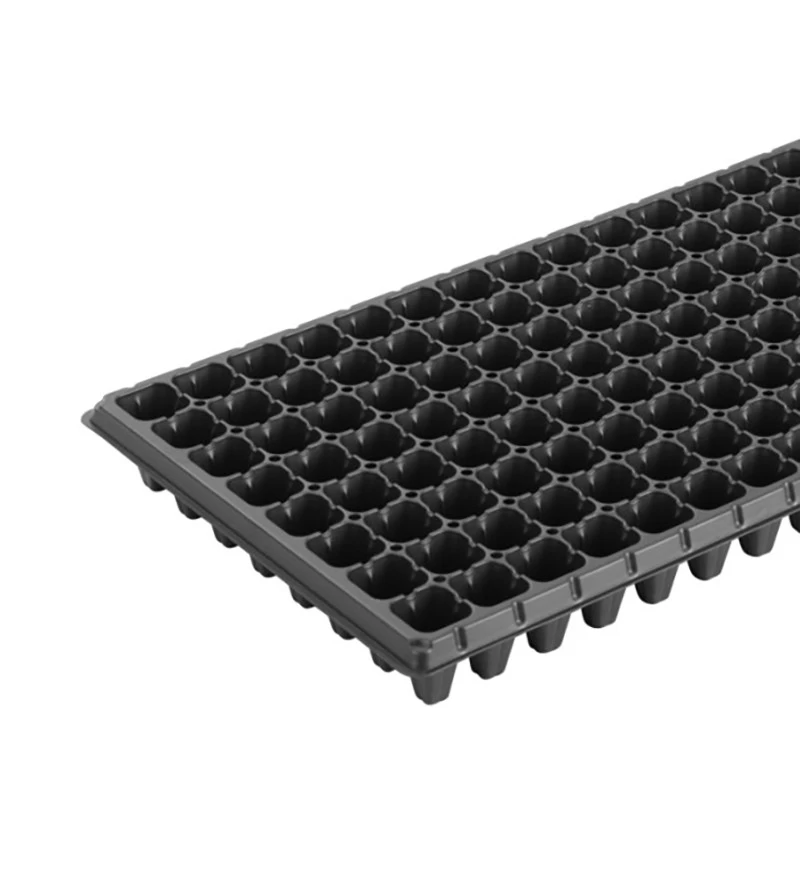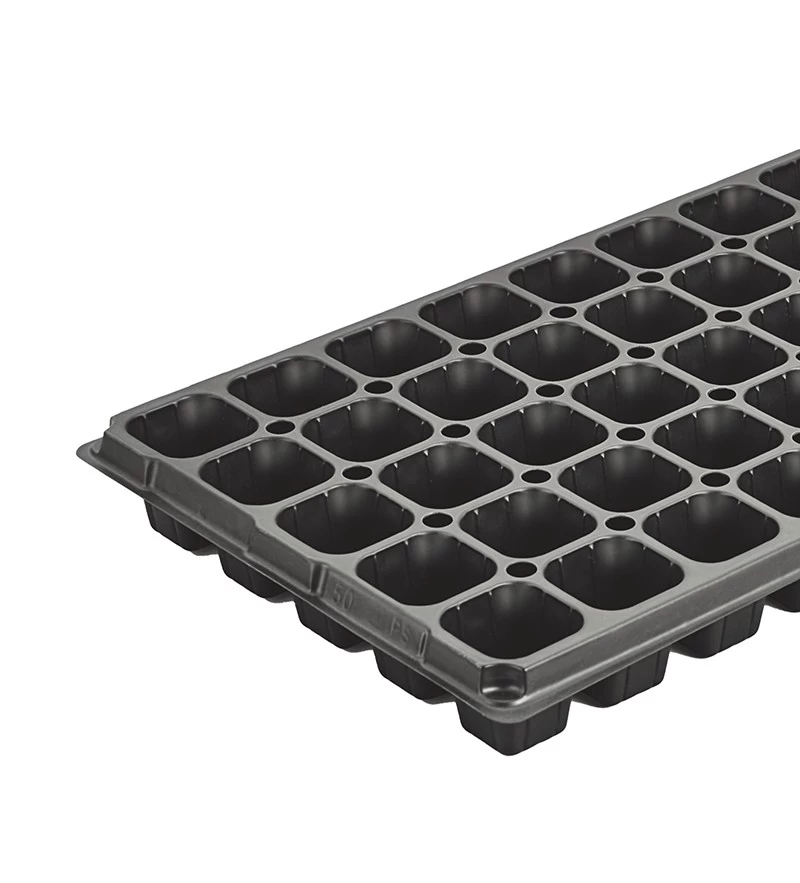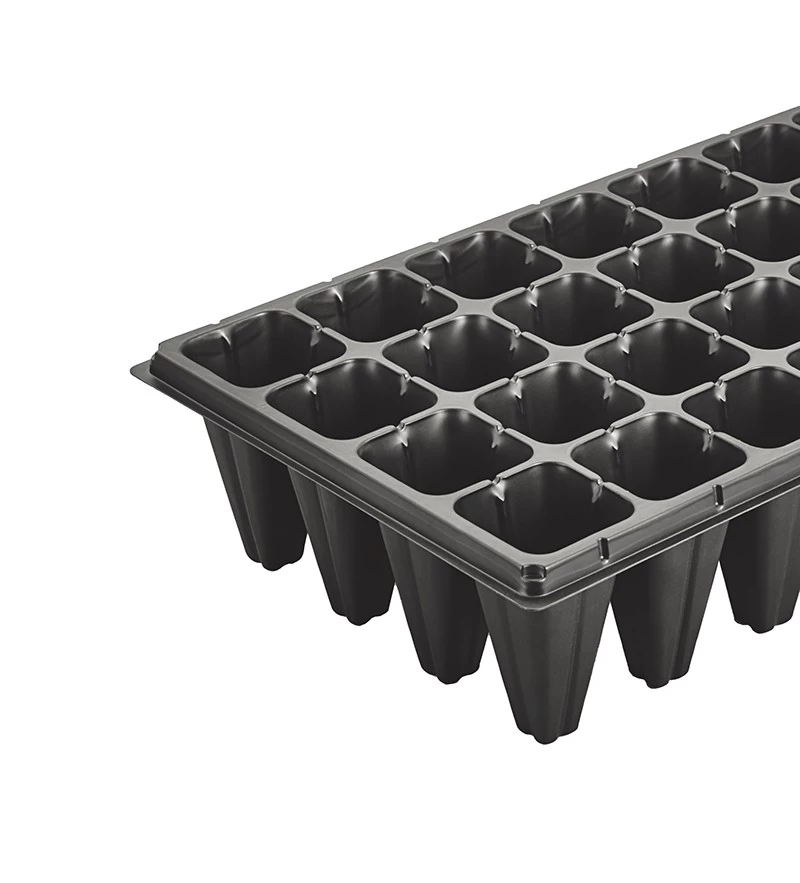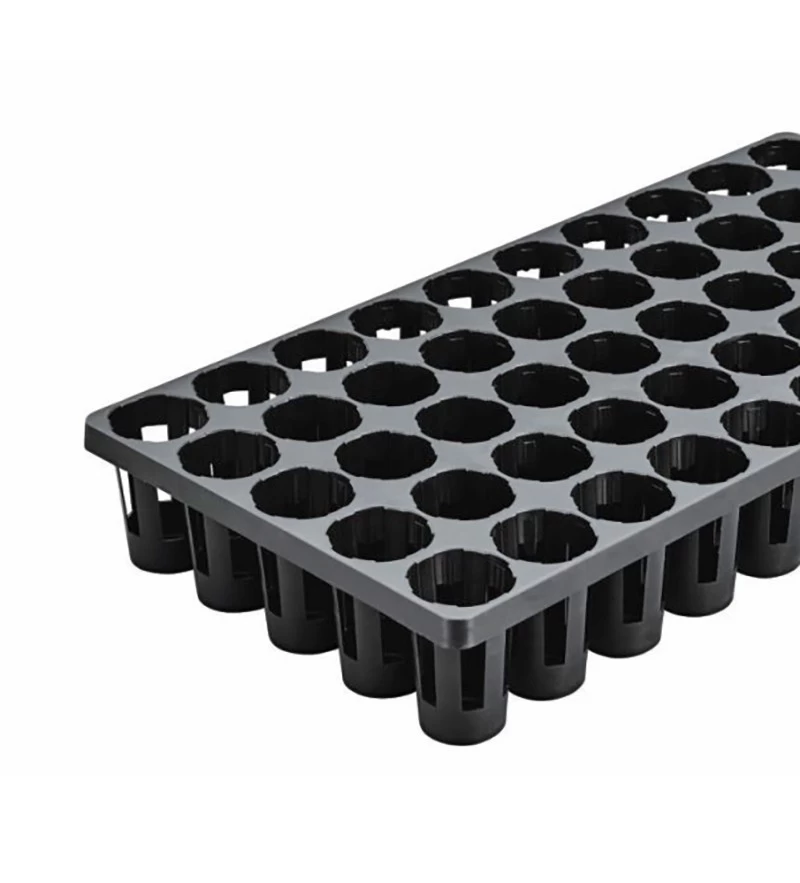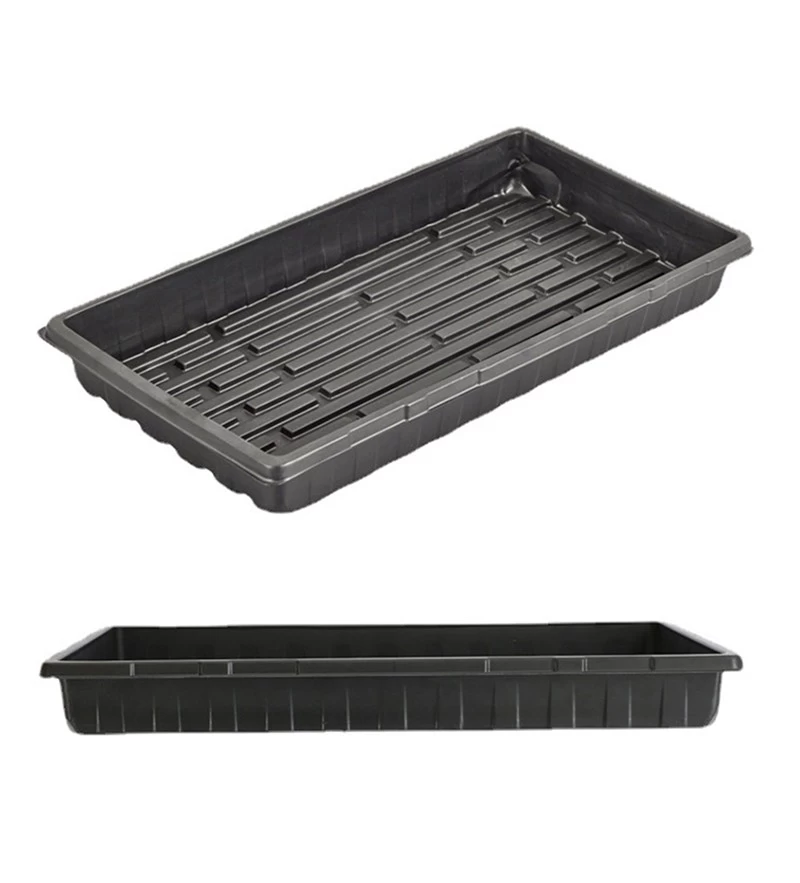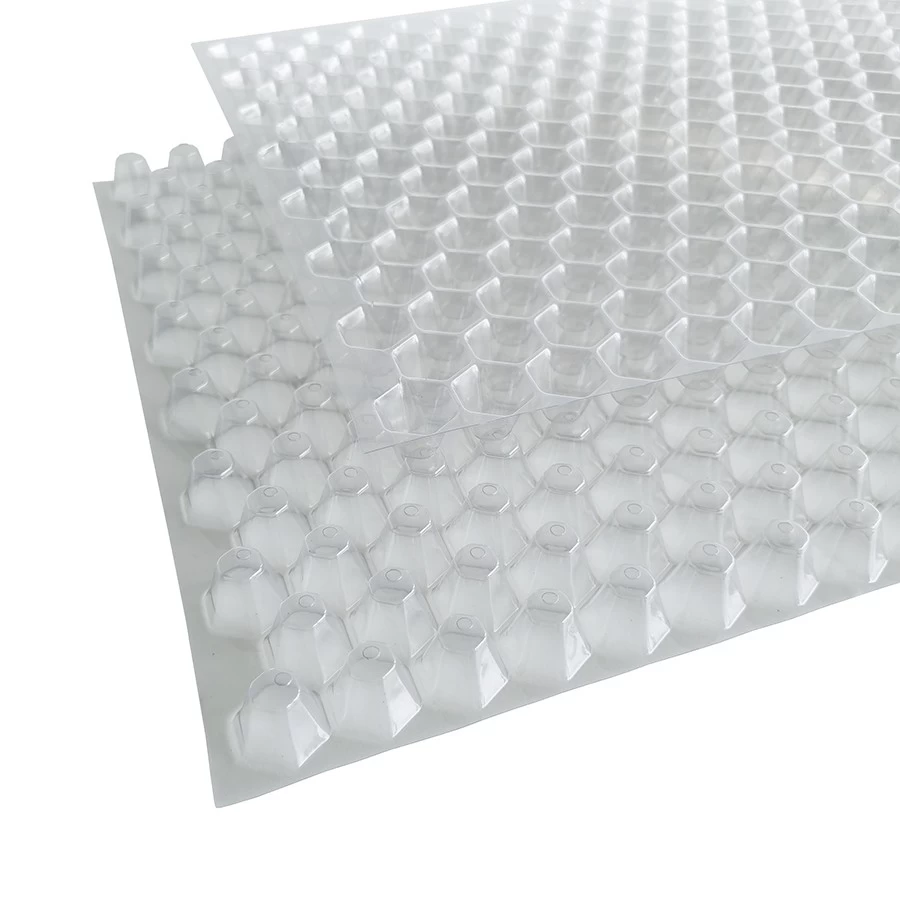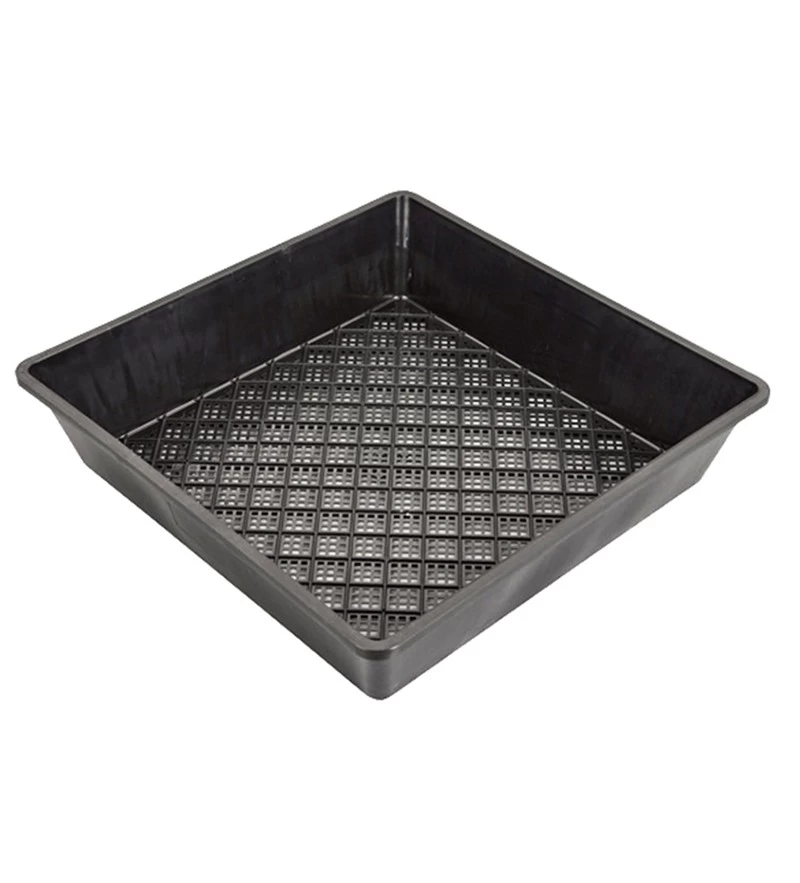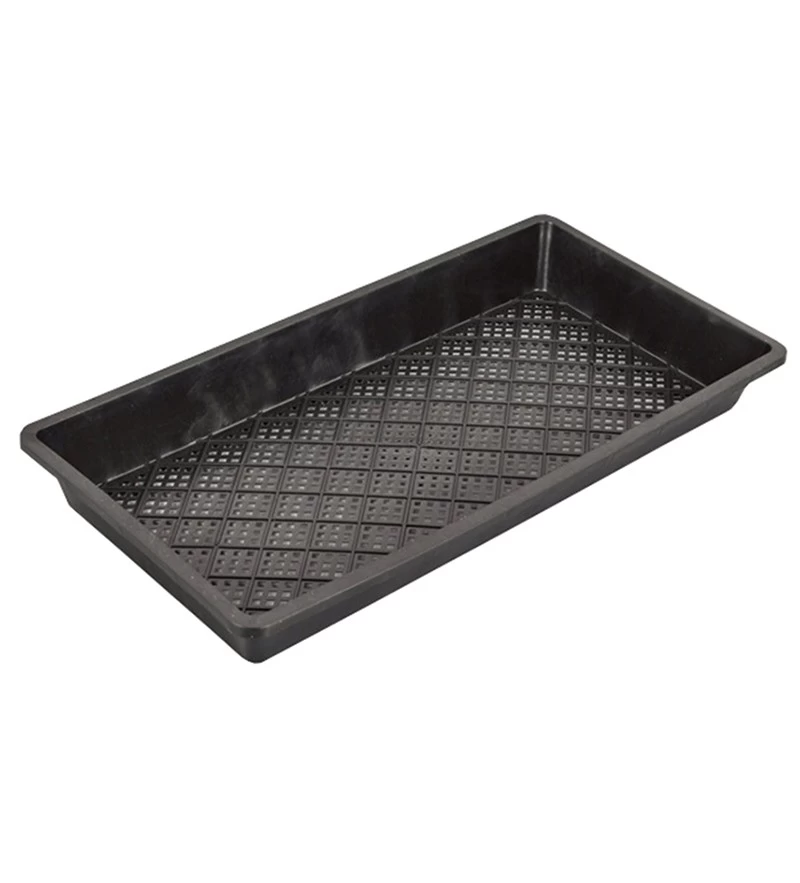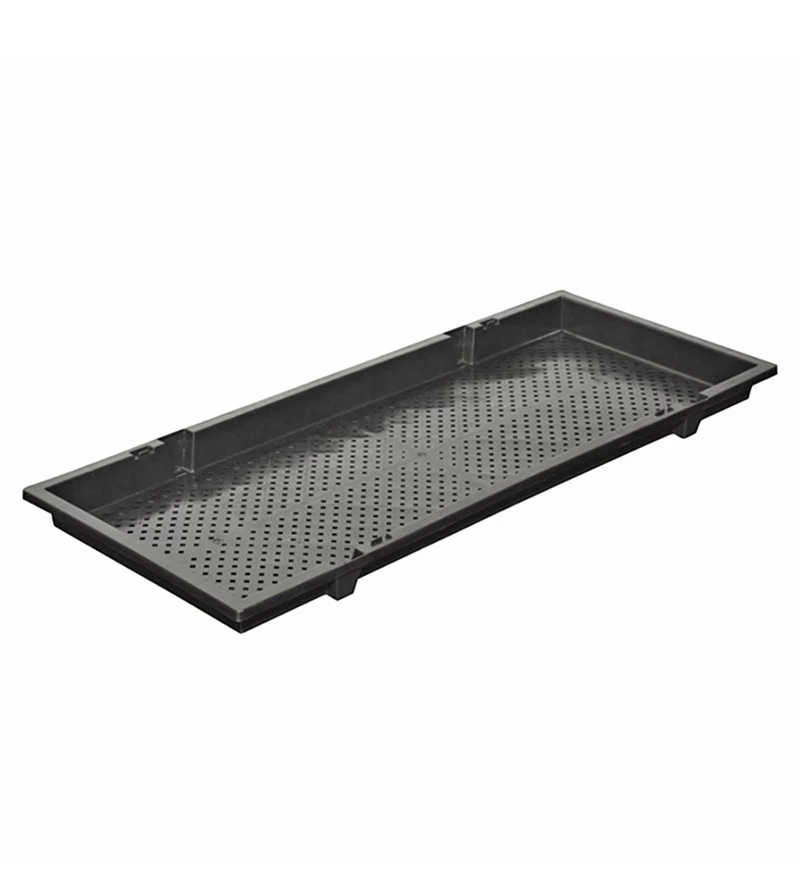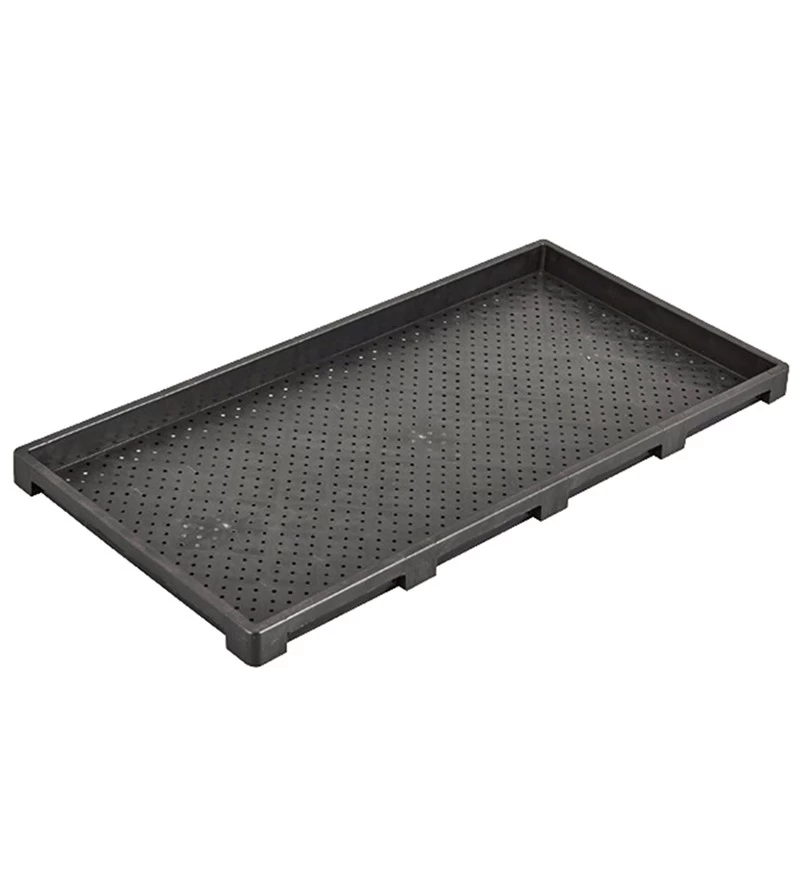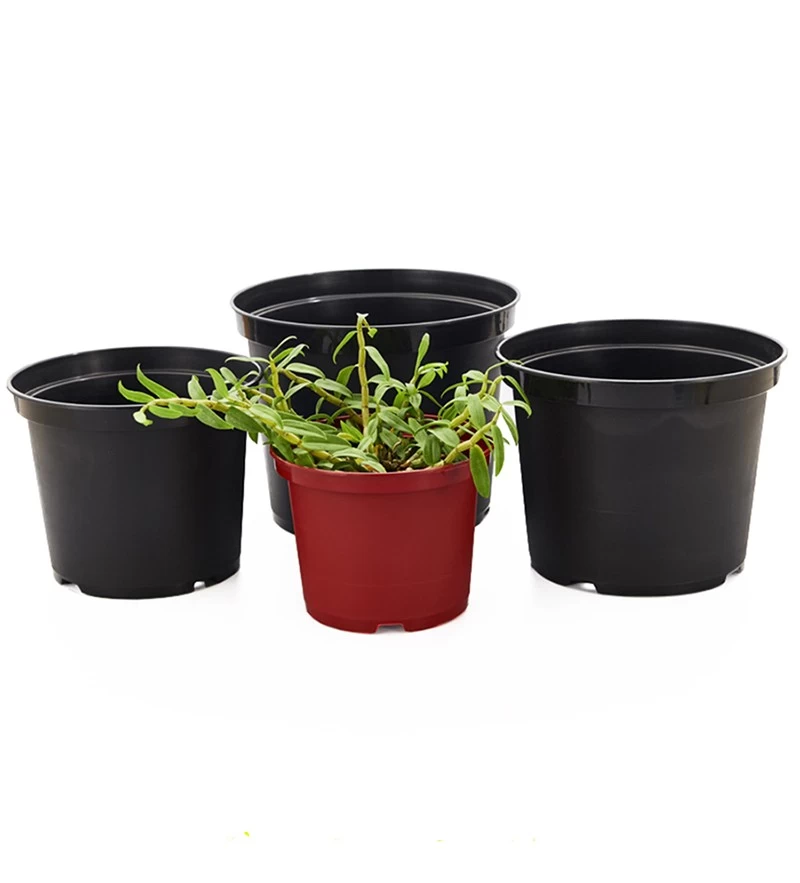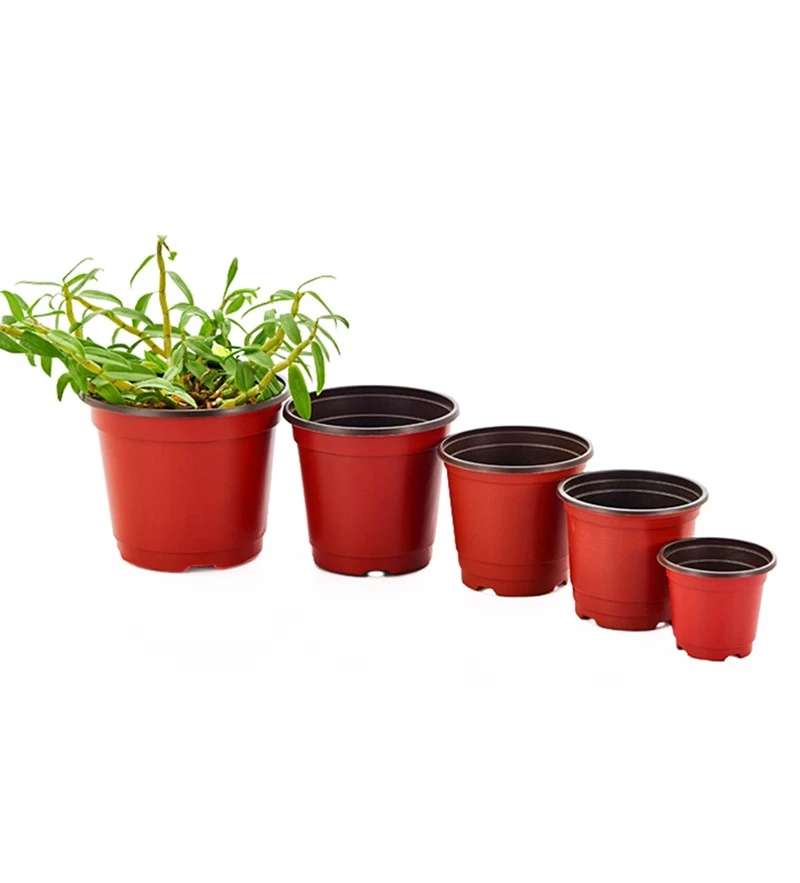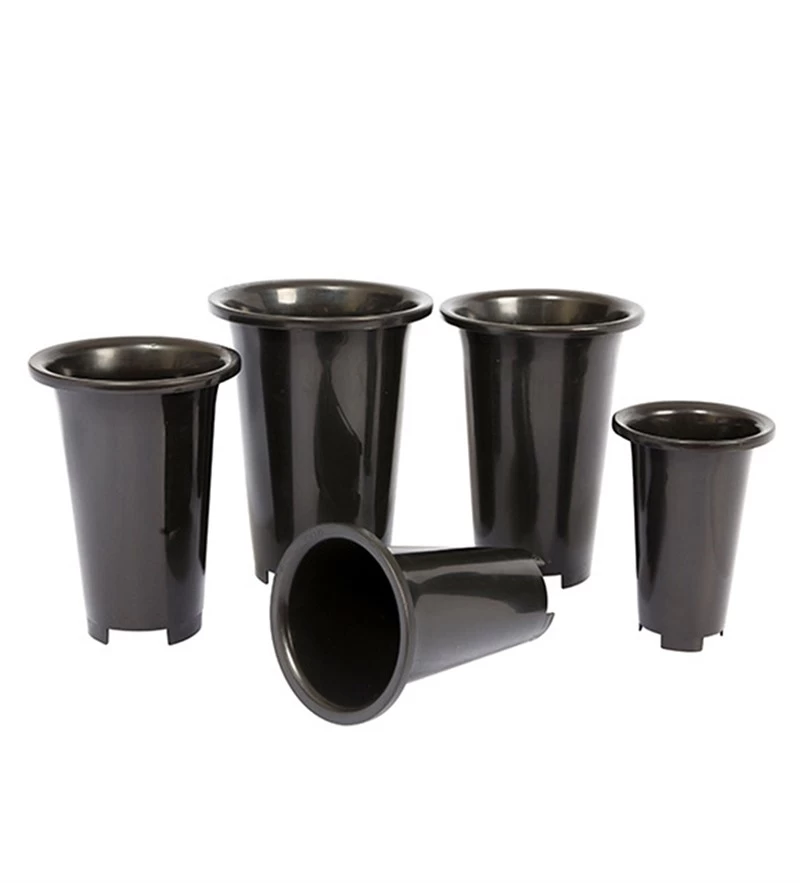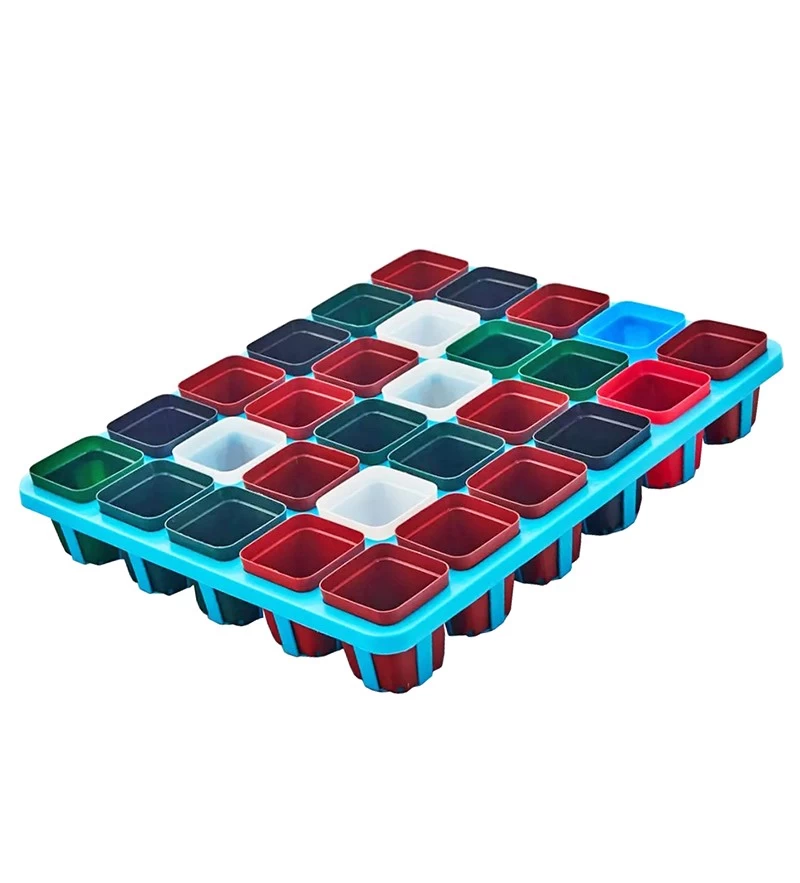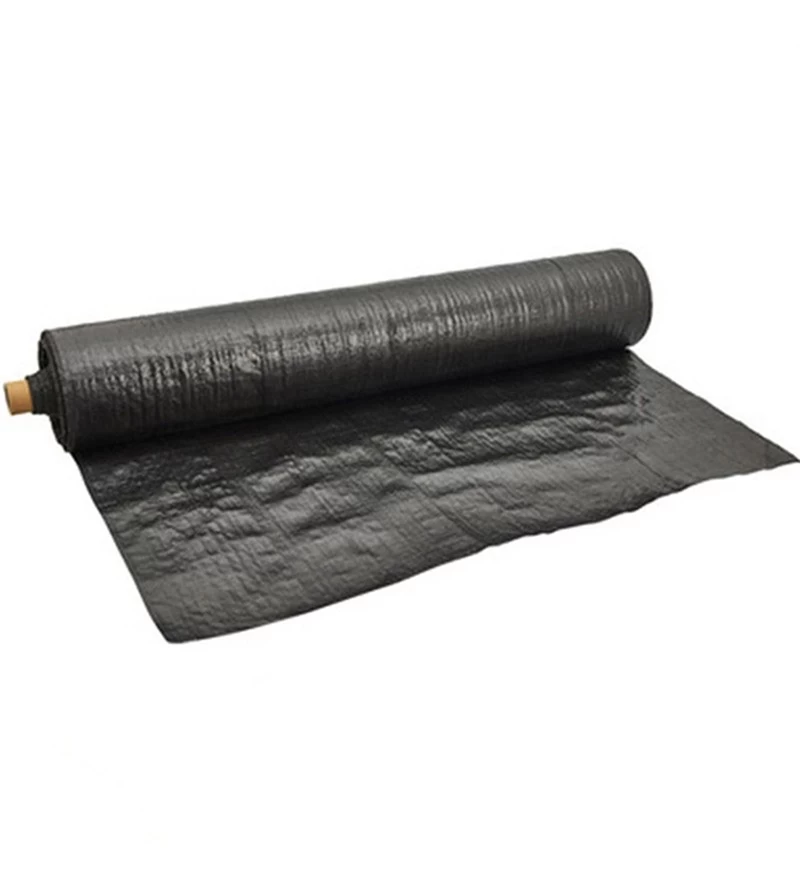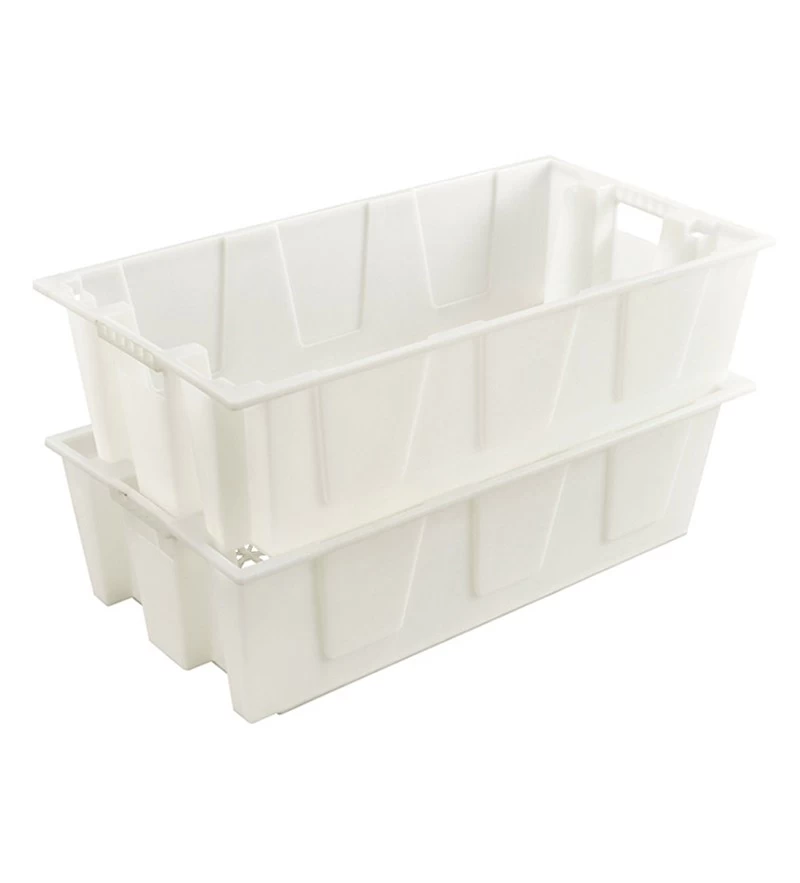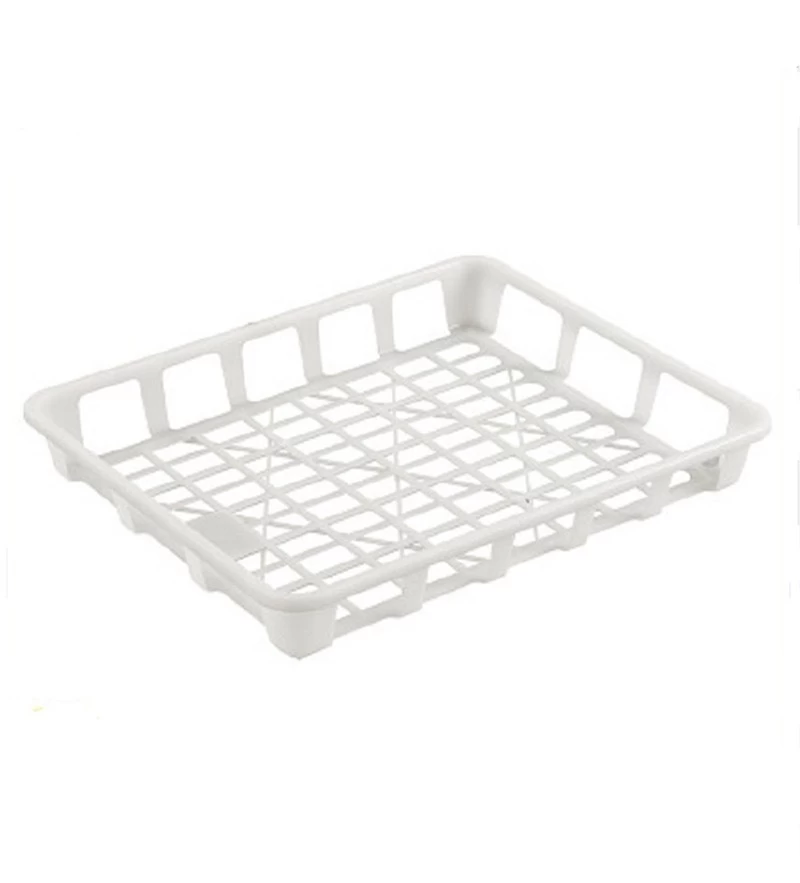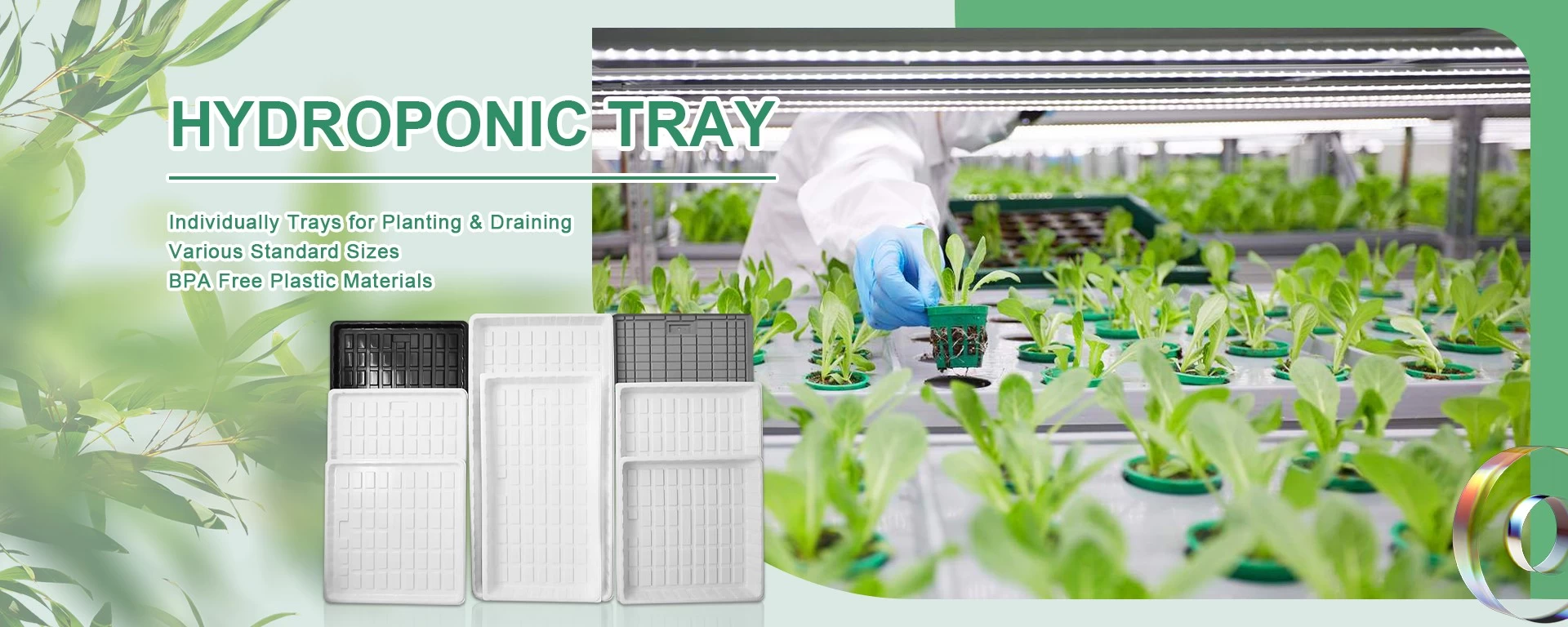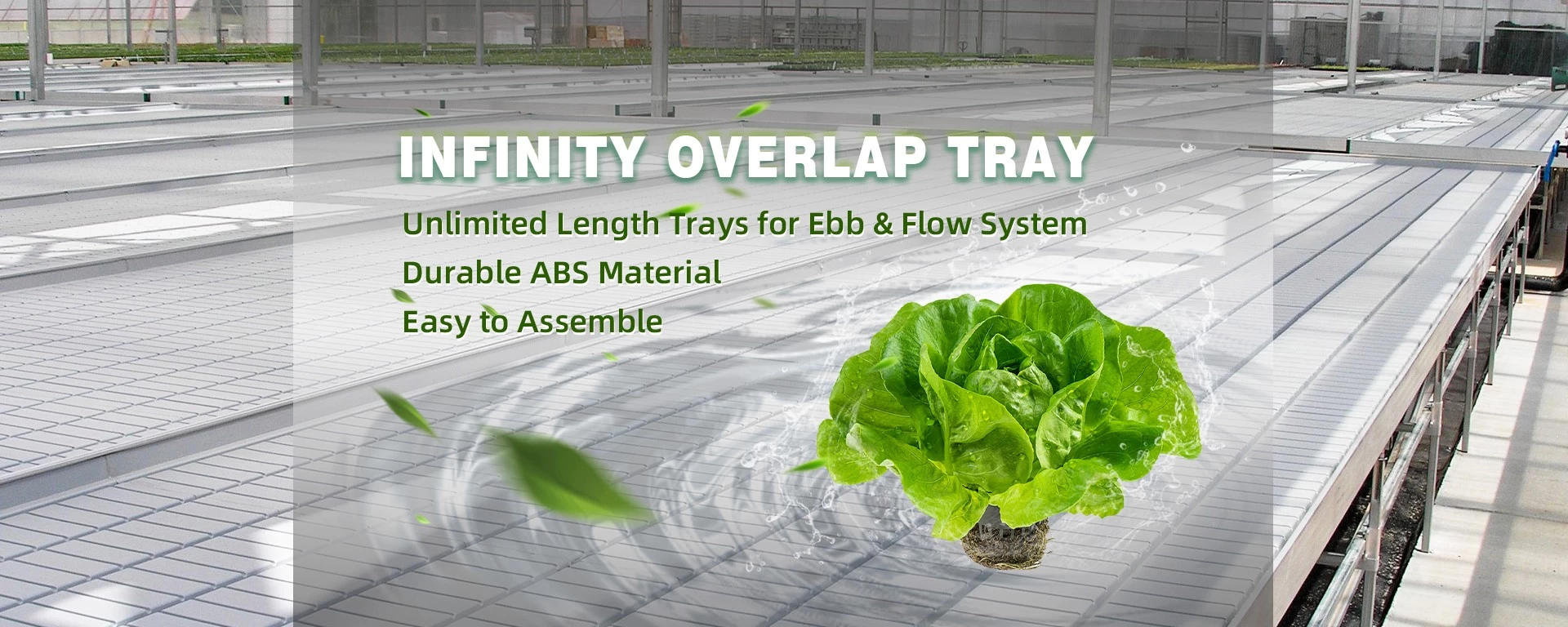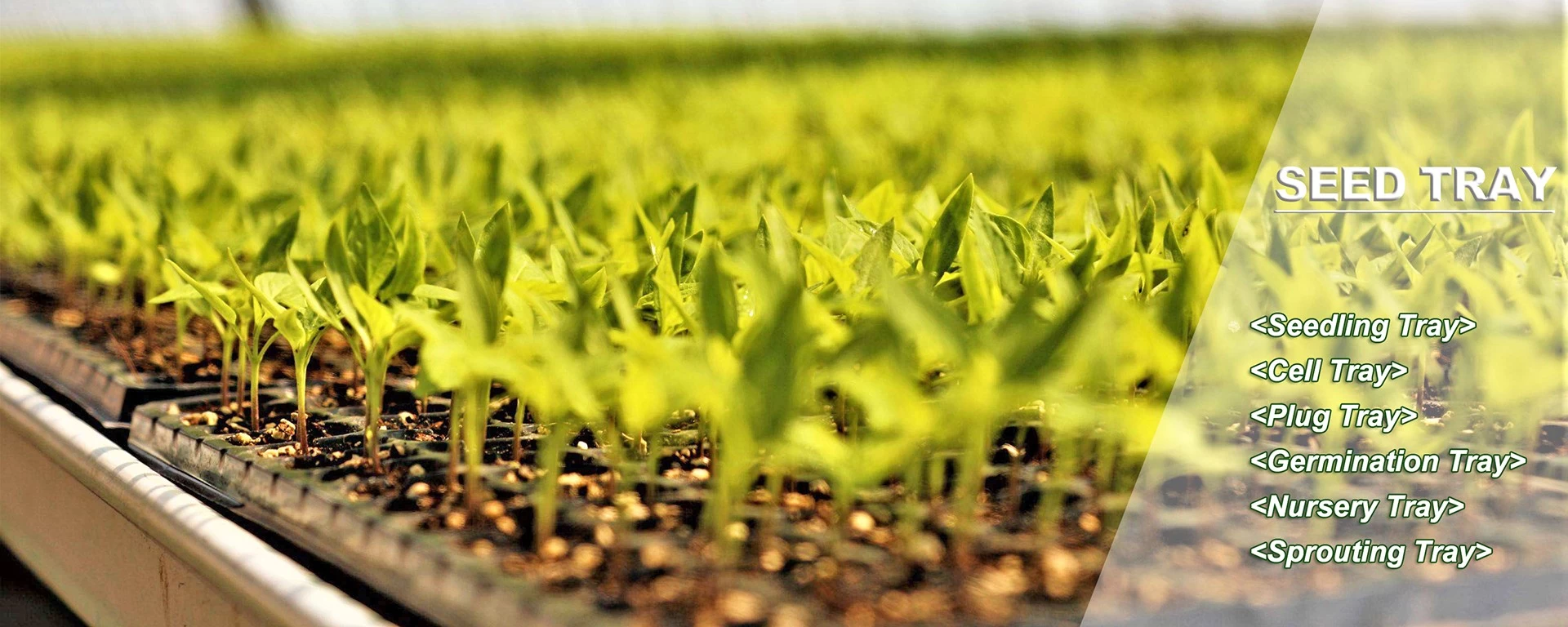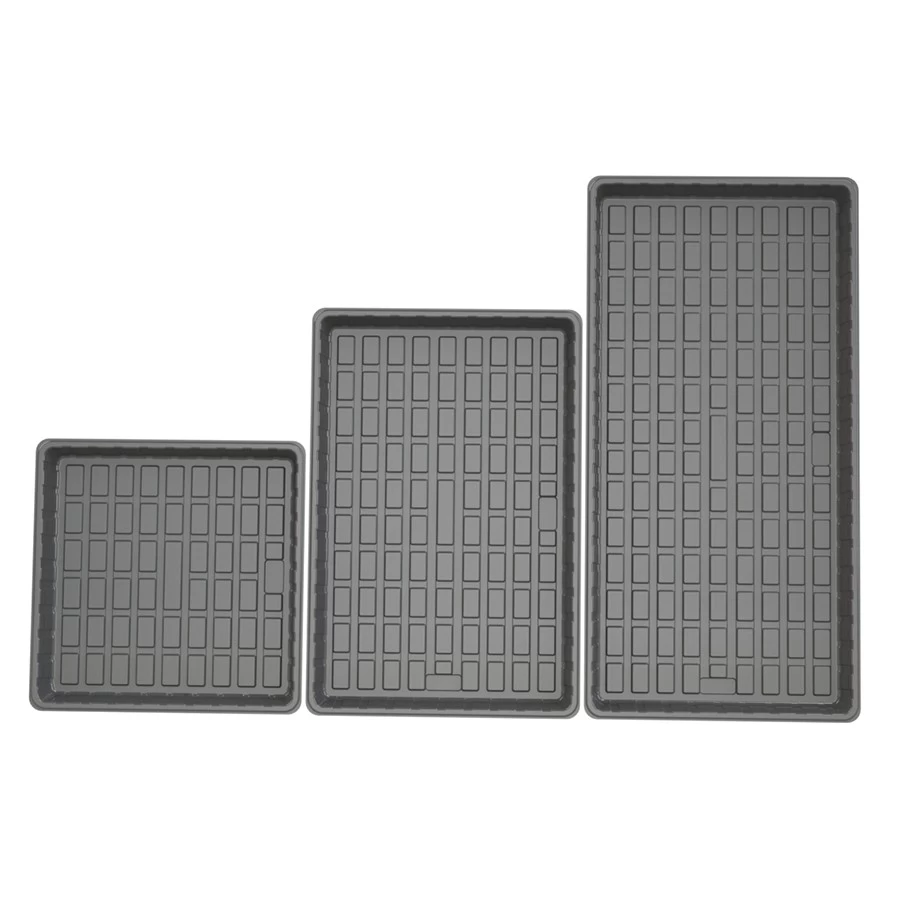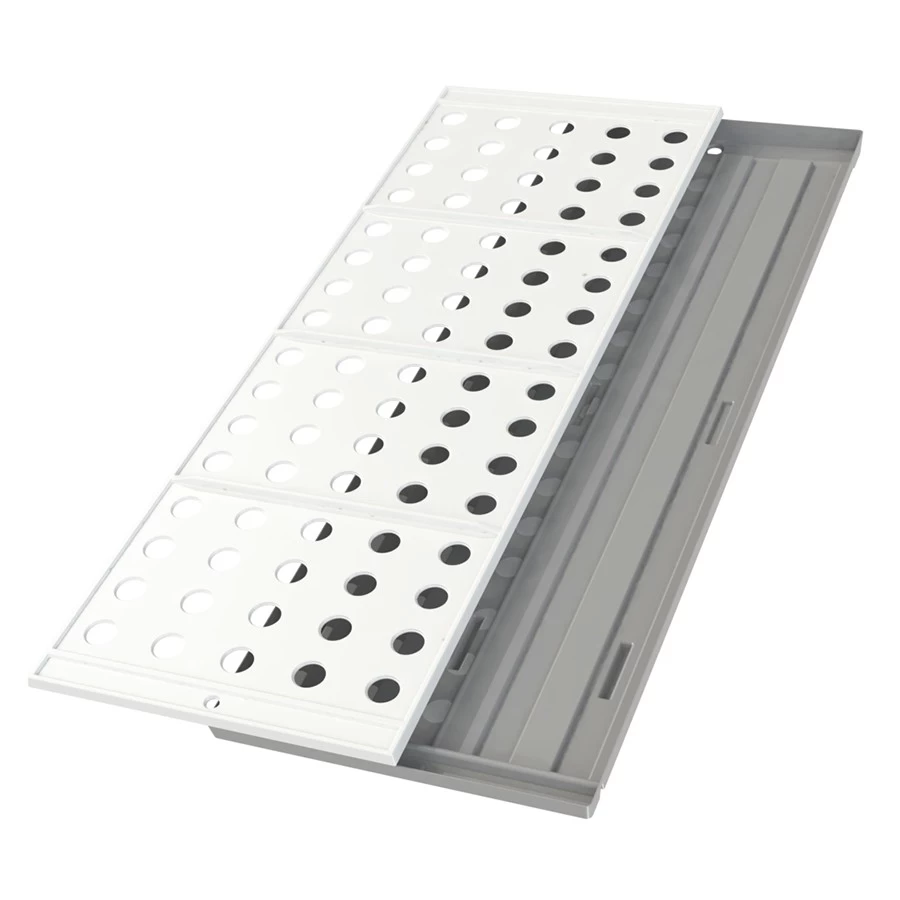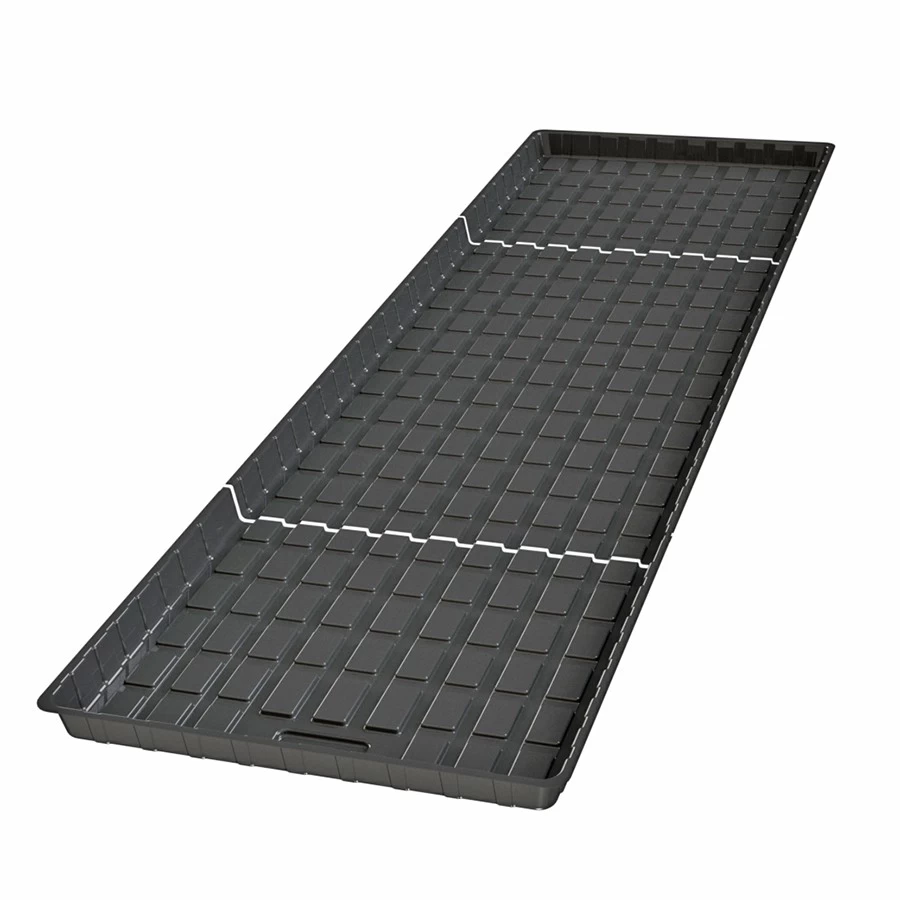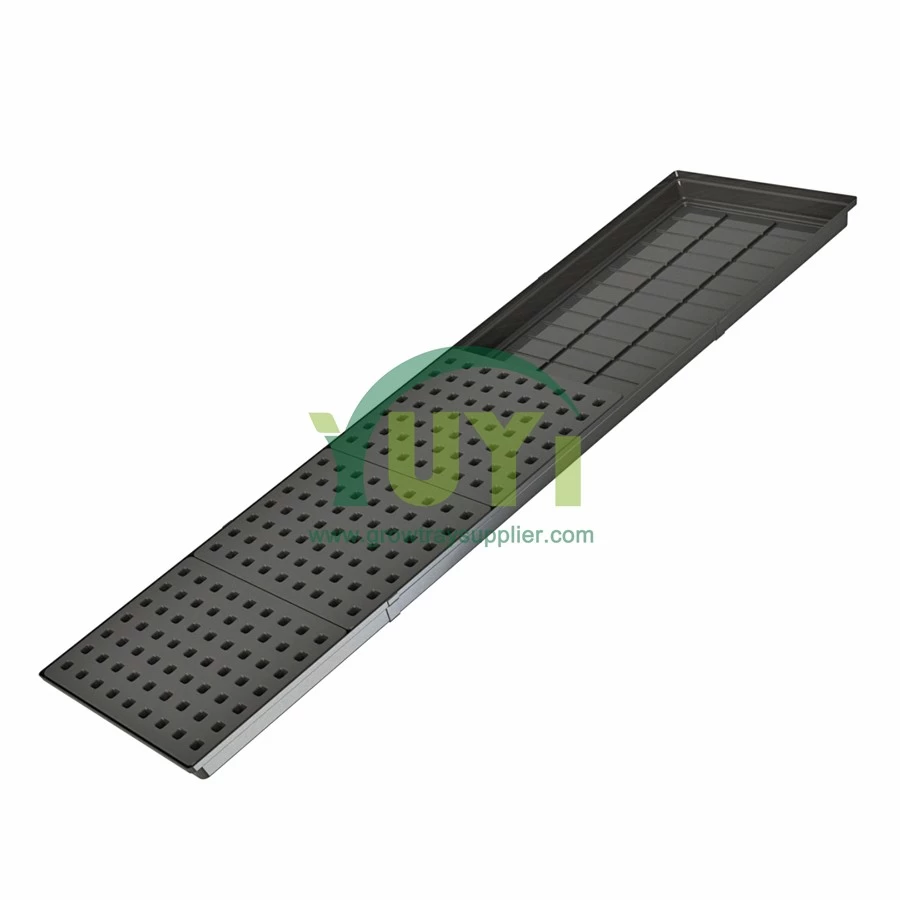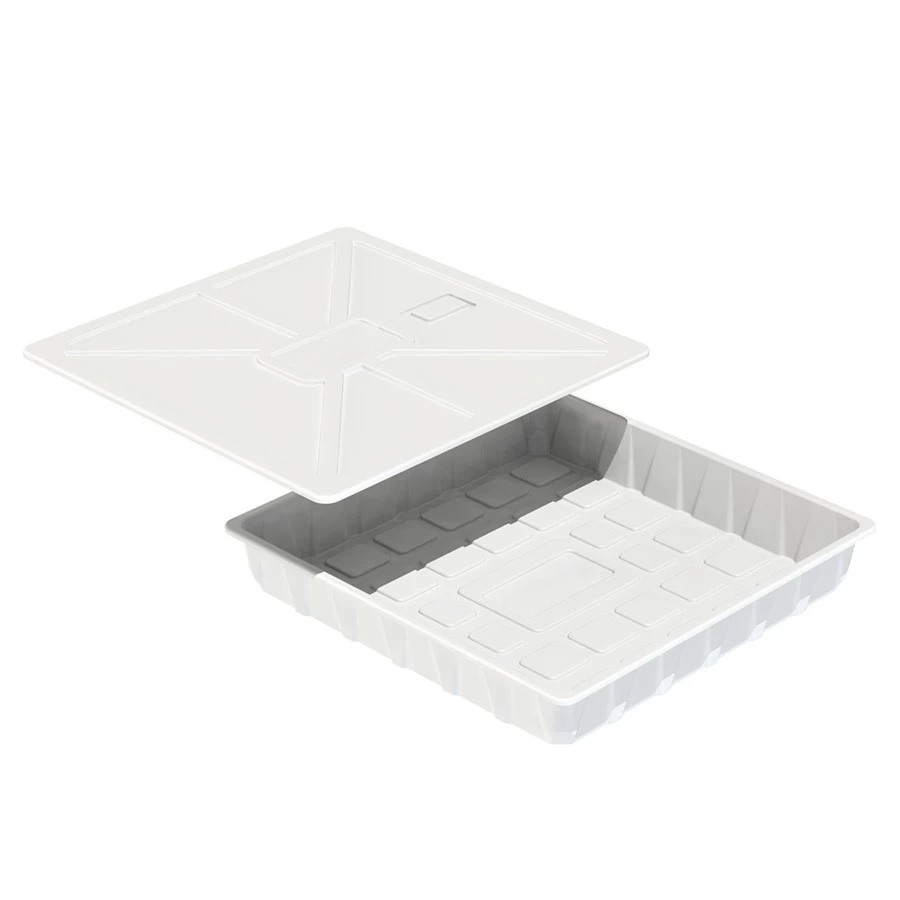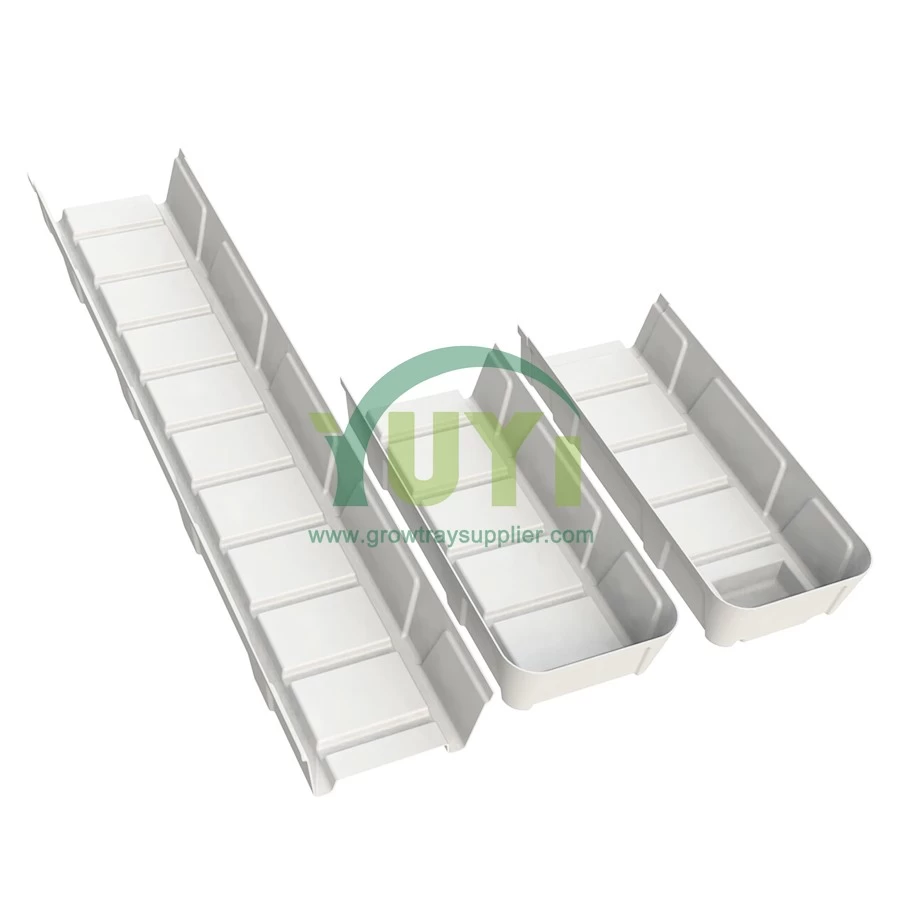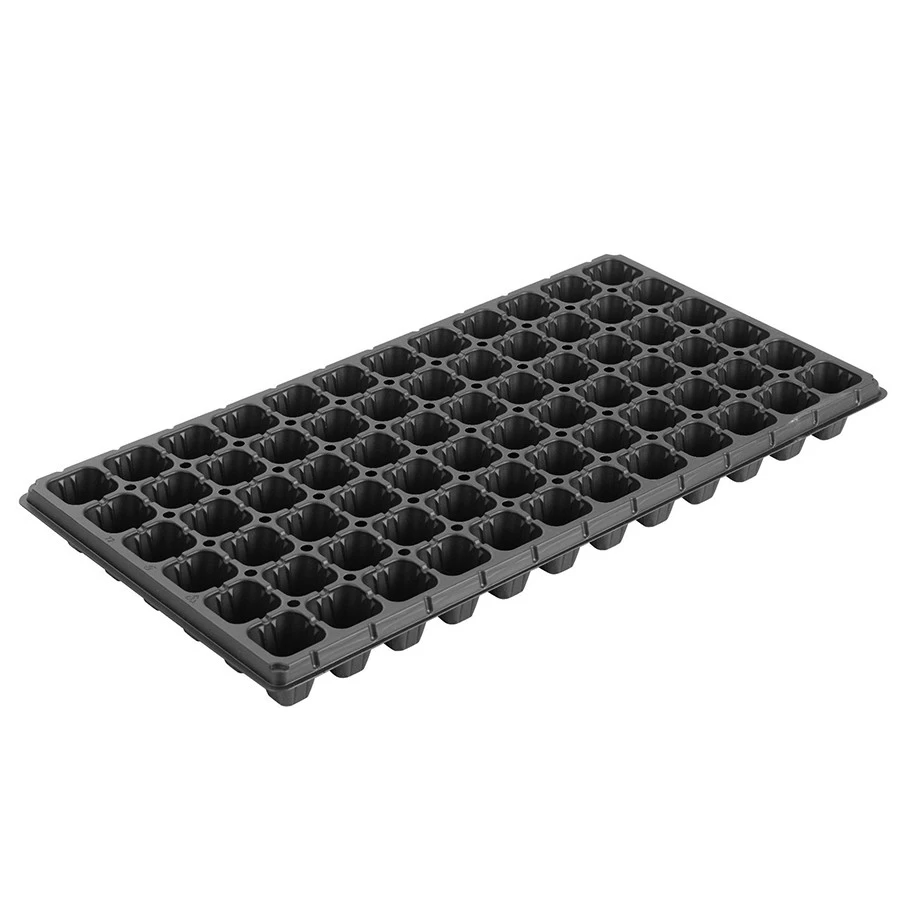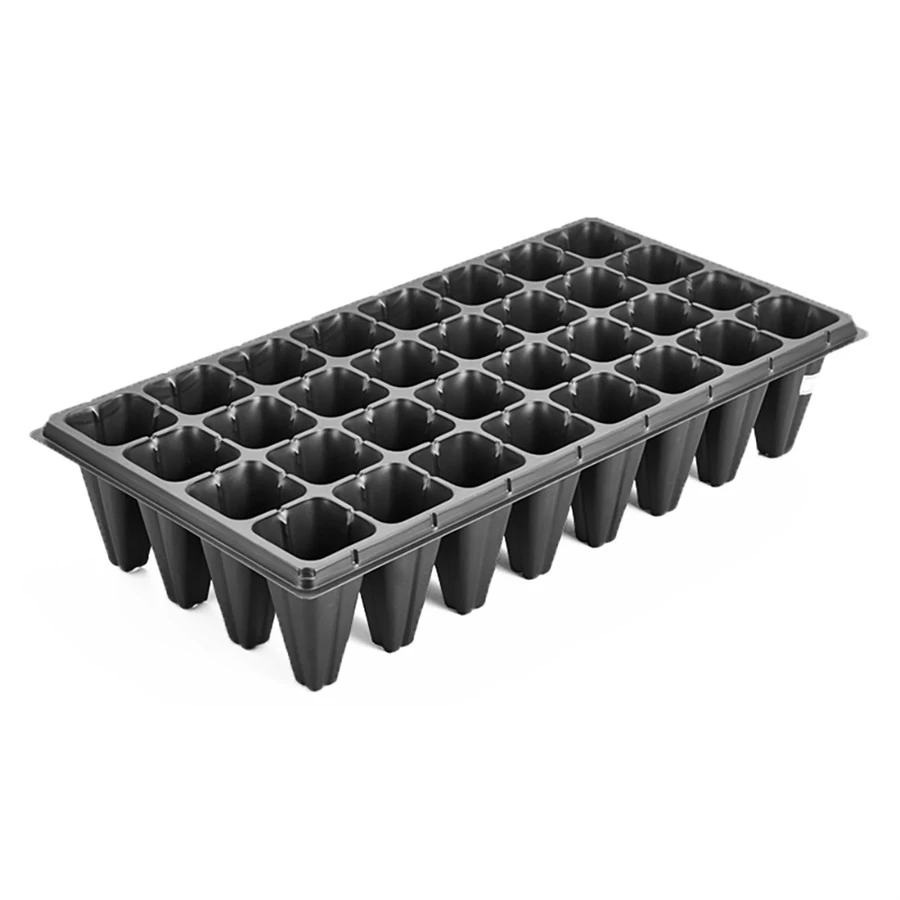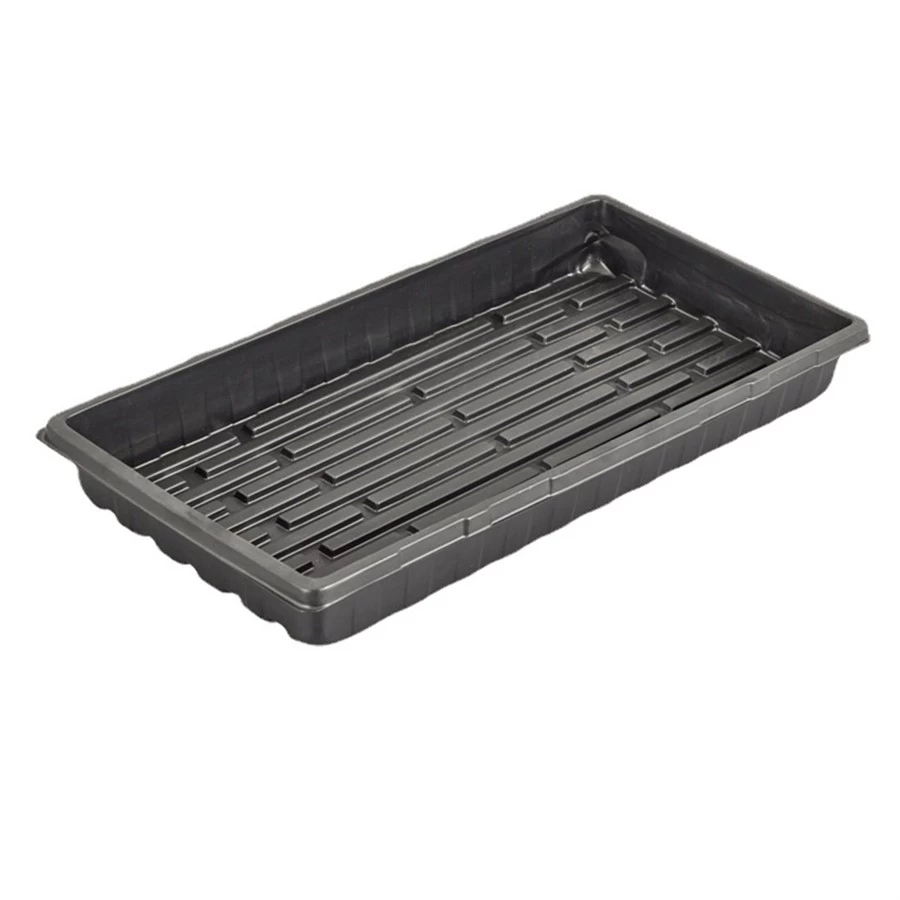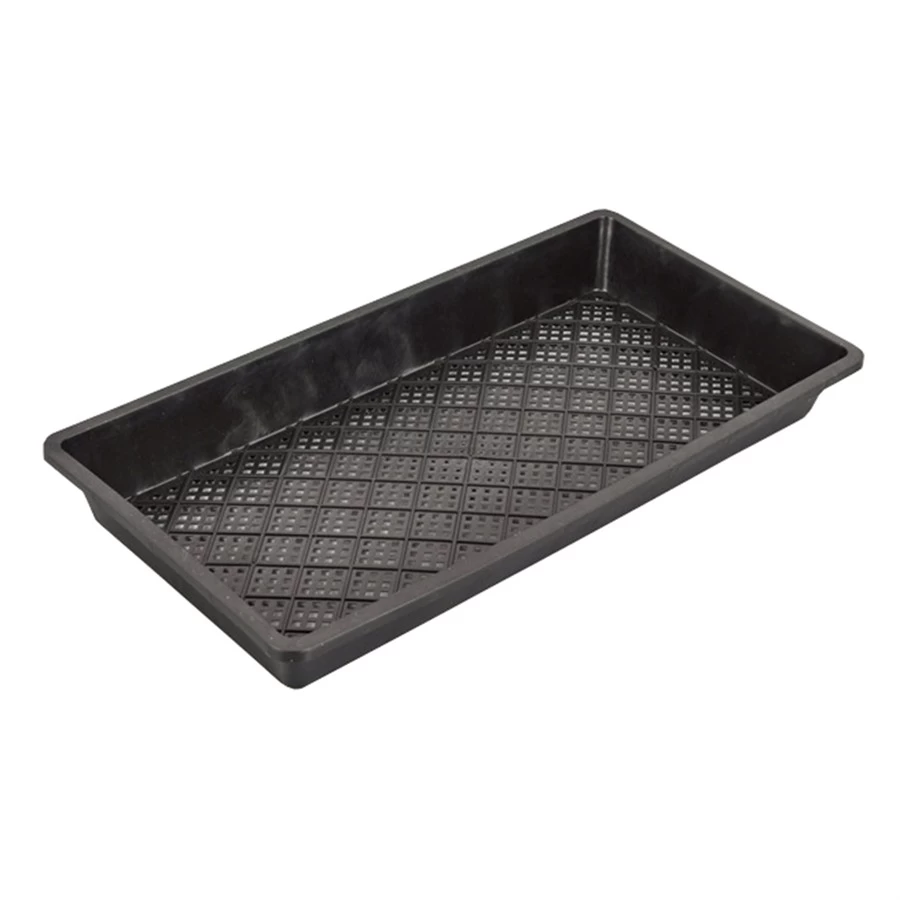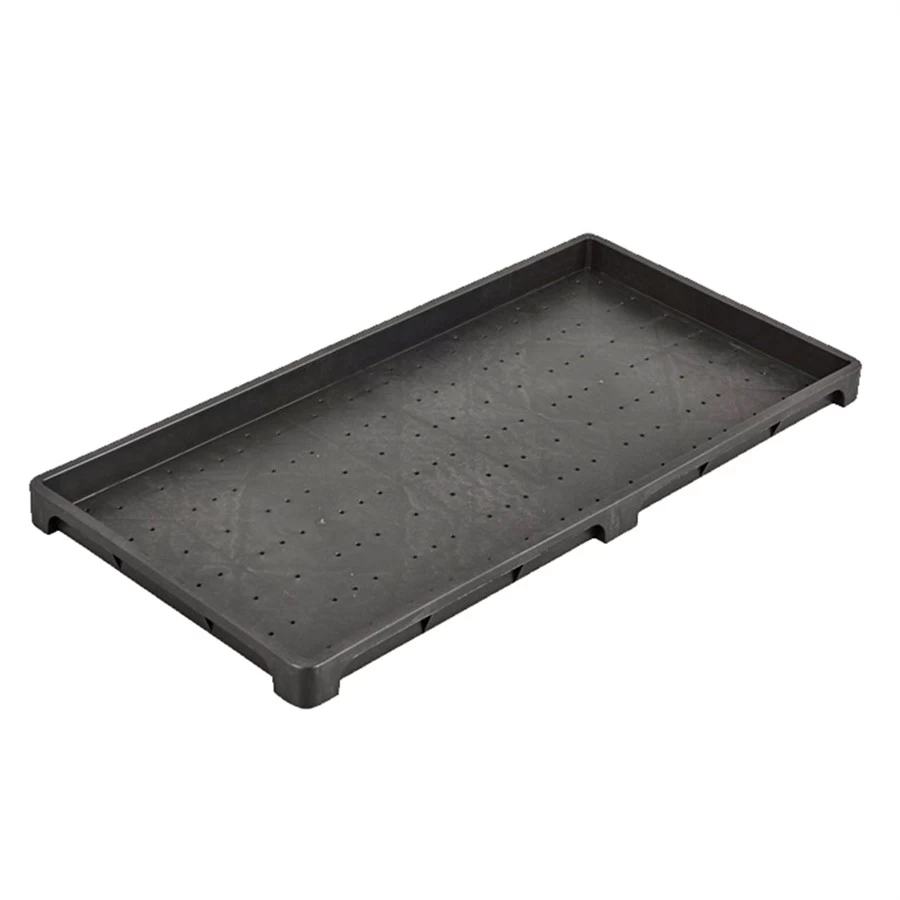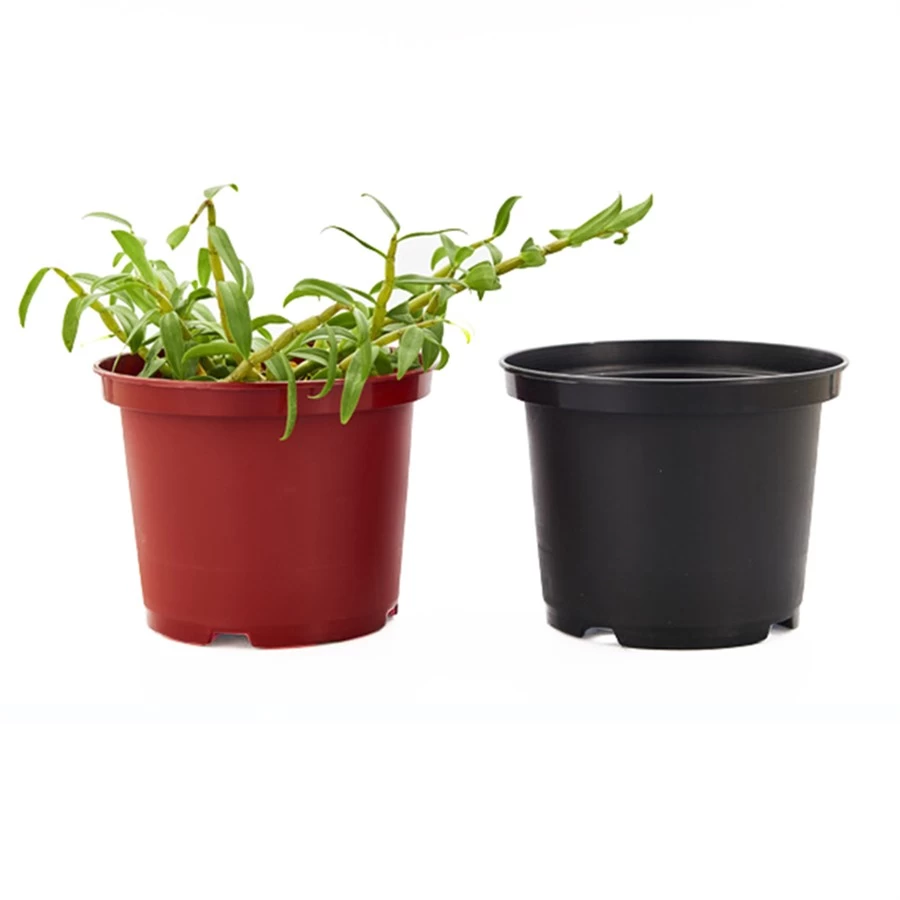Vertical farming - A sustainable future
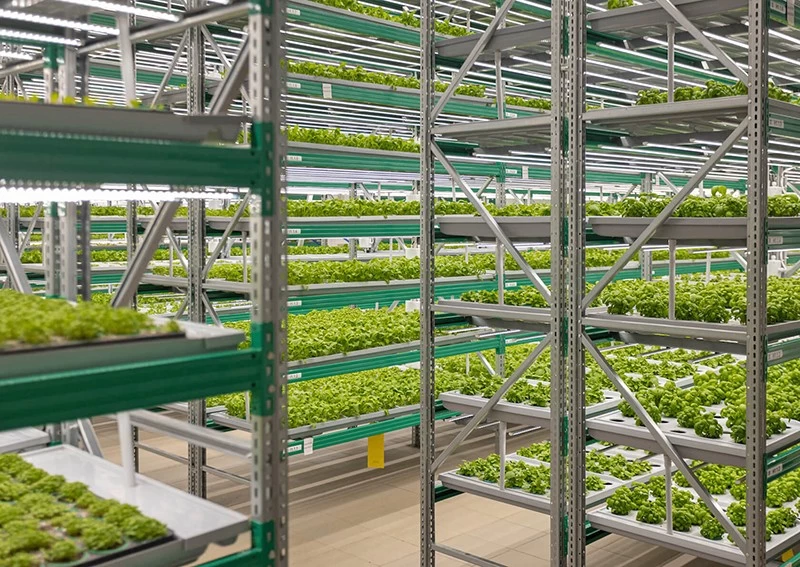
Under the normalization of the epidemic situation, the importance of vertical farming is highlighted. As long as there is a power supply, it can guarantee the supply of vegetables and food in extreme situations such as intercity logistics interruption, natural disasters, severe weather and even war. From the perspective of ensuring food security, green development and nutritional health, vertical farming represents a sustainable future. The UN World Population Trends Report predicts that by 2050, the global population will reach 9.8 billion. The Food and Agriculture Organization of the United Nations estimates that food production will have to double by 2050 to keep up with population growth. However, the amount of land used for agriculture has remained stable over the past 50 years at around 37% of the total land available, and this figure is not expected to change significantly for some time to come. In addition, due to the impact of climate change, natural disasters and environmental pollution, crop yields are significantly affected, and agricultural losses continue to increase.
Ensuring the city's emergency supply has become an important issue. Vertical farming is not affected by climate, season, location, and geographical conditions. It does not need to use farmland, has a high space utilization rate, and can produce vegetables 365 days a year in the city without interruption. It is known as "urban agriculture". An innovative solution. In recent years, the global vertical farm market is also growing rapidly. According to a Grand View Research report, the global vertical farm market size in 2020 is US$3.3 billion, and it is expected to grow to US$13.5 billion in 2028, with a compound annual growth rate of more than 19.0%.
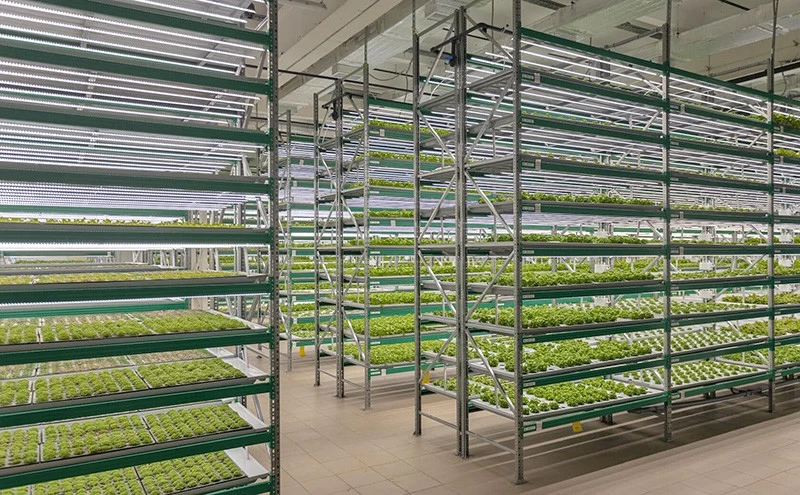
Advantages of Vertical Farming:
1. Vertical farming has the great advantage of cultivating crops 24 hours a day, 365 days a year without being affected by climate, weather, seasons and geographical conditions.
From a technical point of view, vertical farming is a kind of controlled environment agriculture. It is different from outdoor planting in traditional agriculture. It mainly grows vegetables-based crops indoors. It is a precise environmental control, water and fertilizer integration system, environmental control system, The integration of lighting system, automation system, and plant growth model algorithm applies various "black technologies" in agriculture and other industries, which can strictly control various production environment elements, such as light, water, temperature, CO and other nutrients, etc., so that Realize the continuous production of crops throughout the year and maximize the output.
2. In addition to increasing crop production and ensuring food security, the role of vertical farming in environmental protection should not be underestimated.
Traditional agricultural methods have problems such as huge water consumption, the use of pesticides and herbicides, and the need for large areas of land, which are not conducive to environmental protection. Vertical farming greatly reduces the evaporation of traditional irrigation water by recycling water resources; it does not require pesticides and herbicides, which means that there is no agricultural pollution discharge; in terms of land use, vertical farming can be used on limited land Three-dimensional planting can be carried out on the ground, and the site can be selected freely, reducing the loss caused by food transportation and the impact on the environment.
3. In addition to providing innovative planting models, vertical farming will also play an important role in accelerating breeding.
Plant factories can simulate the natural characteristics of different regions through intelligent equipment, enhance the matching and adaptability of seeds and the environment, and realize more complete growth cycles of crops in the same period of time to achieve "rapid breeding".
Yuyi is hydroponic planting trays china manufacturer for vertical farming for over 7 years.

